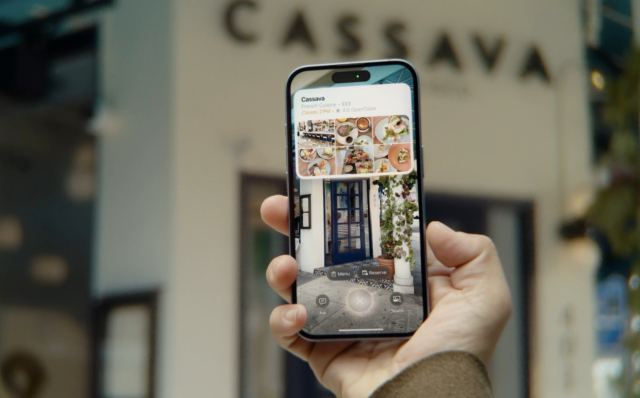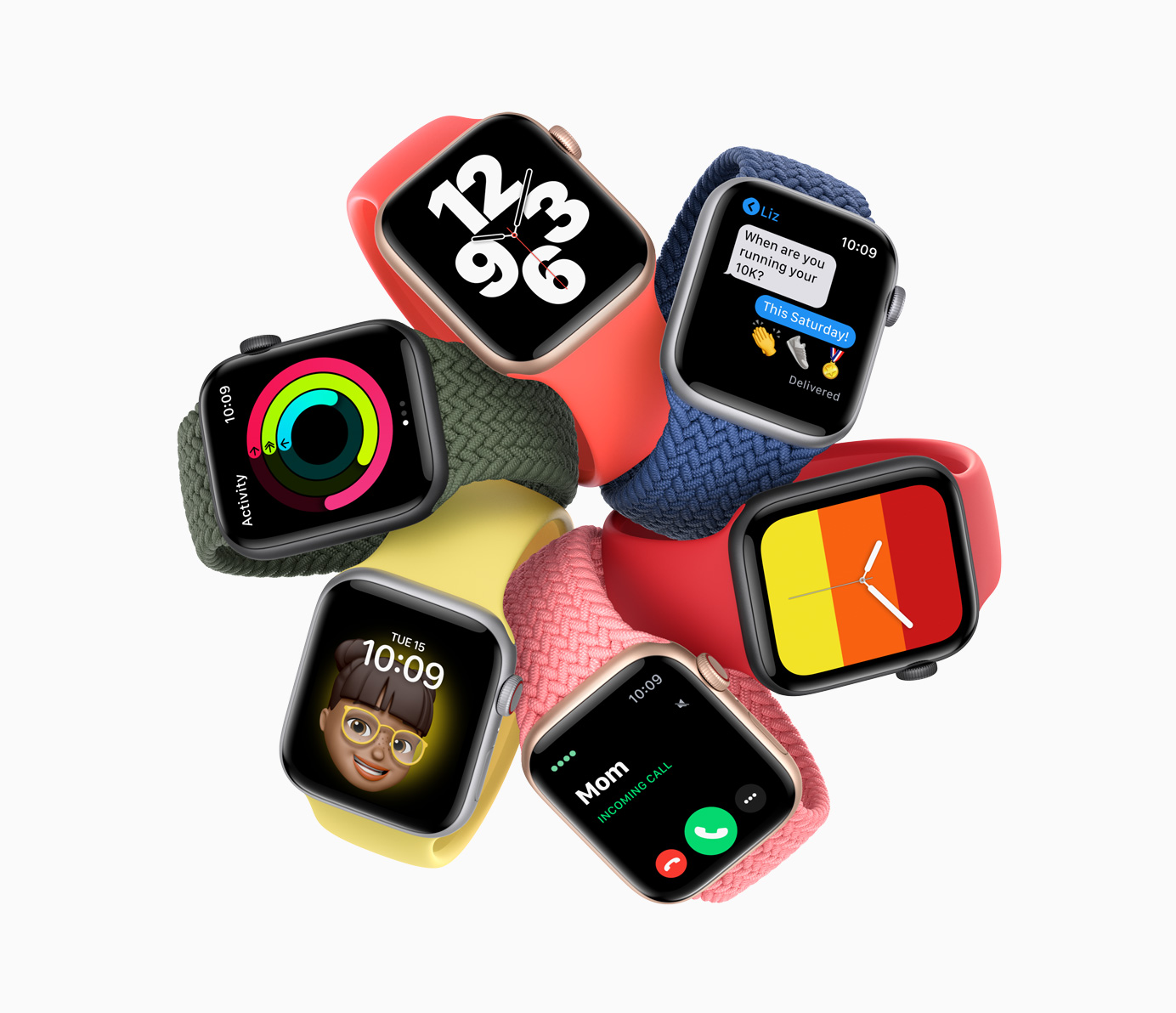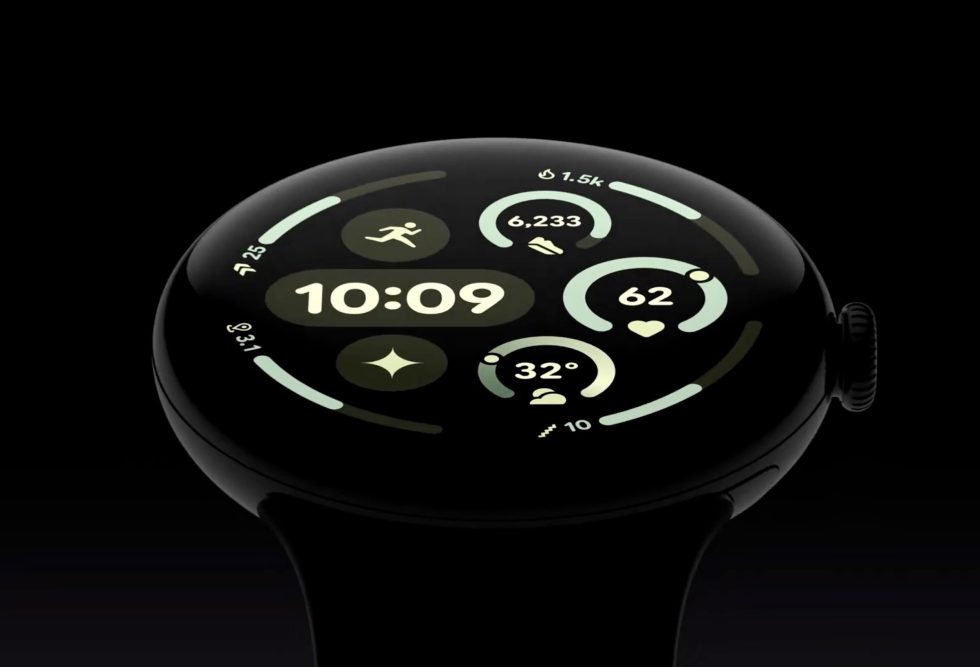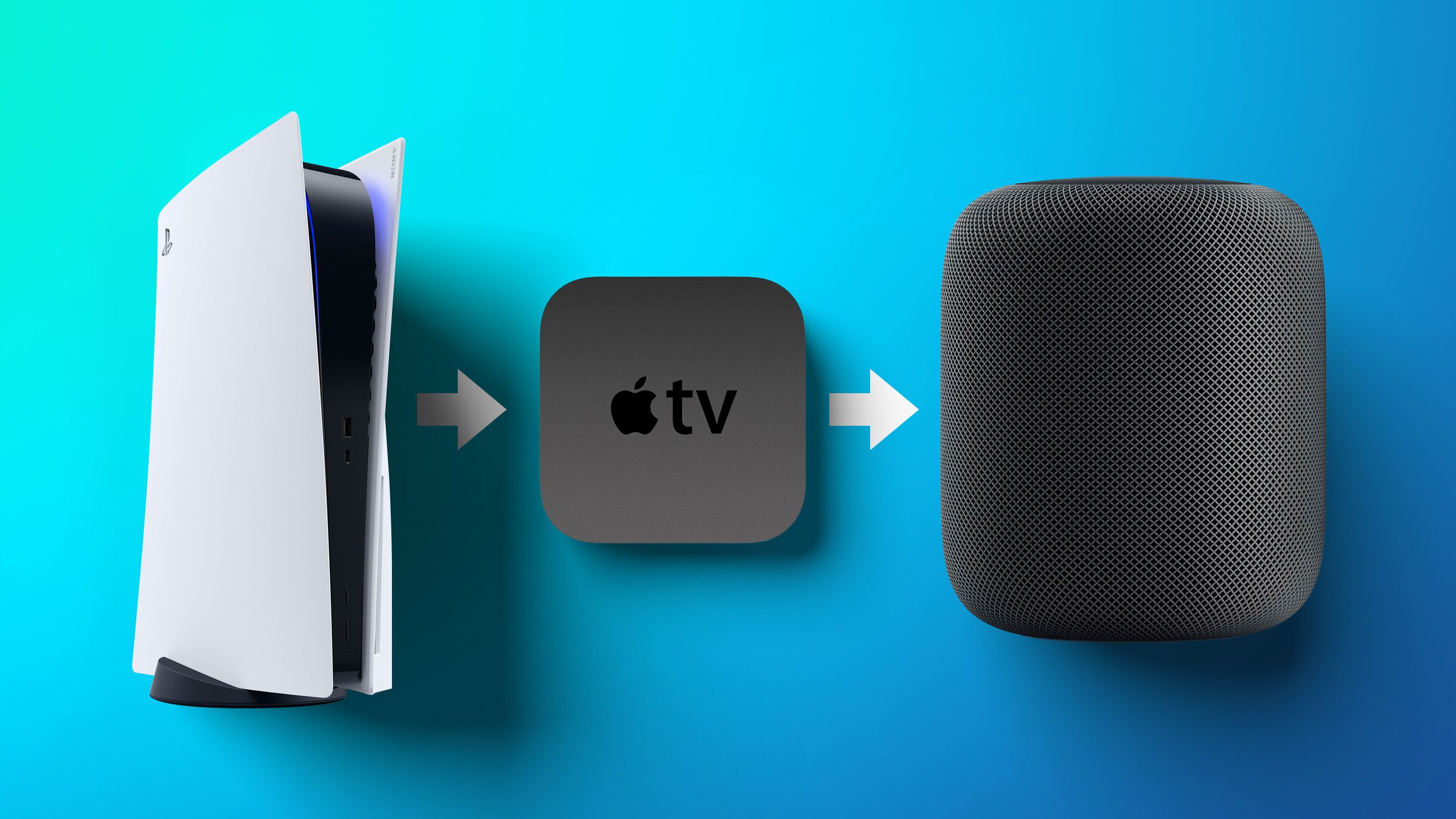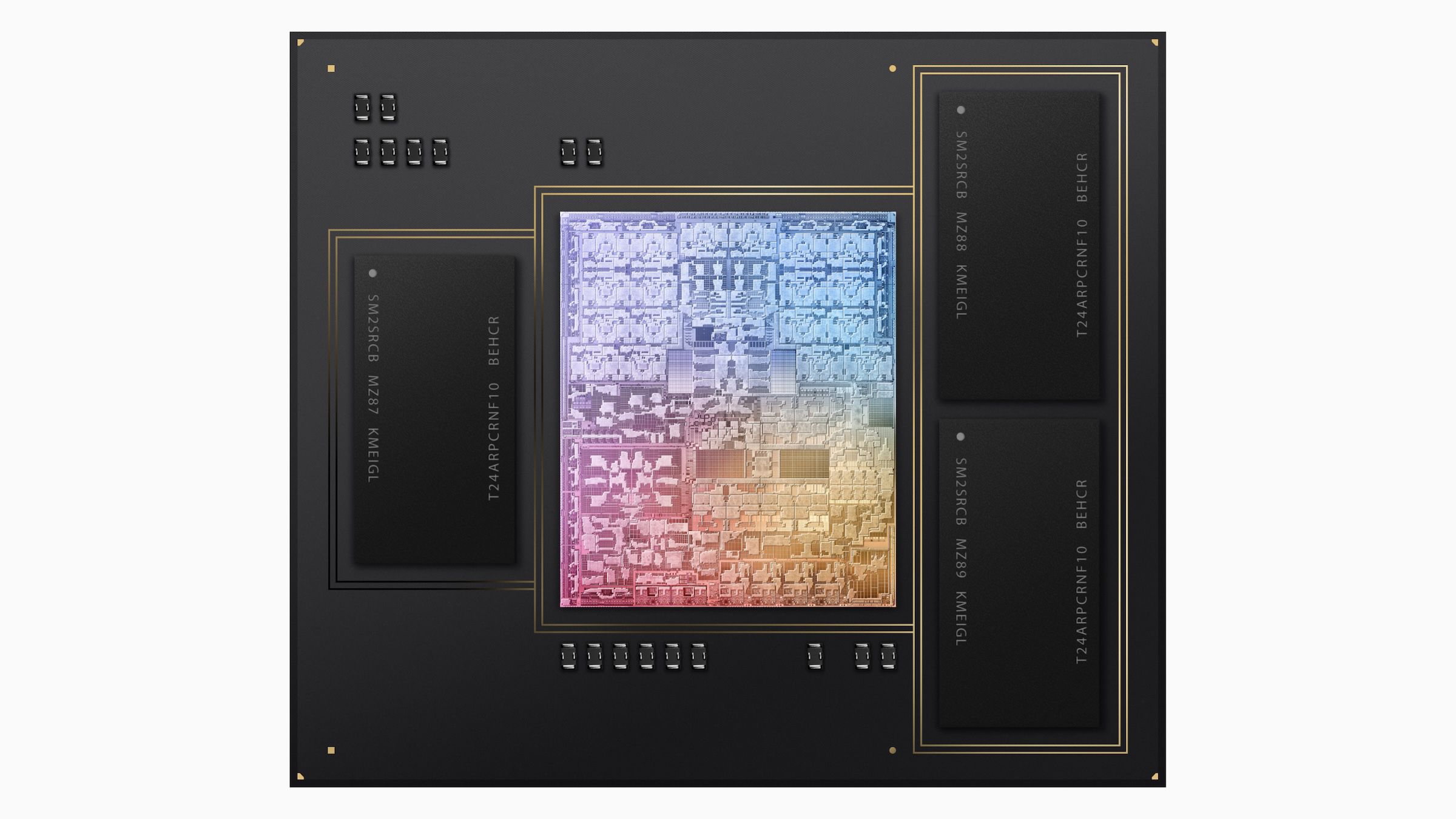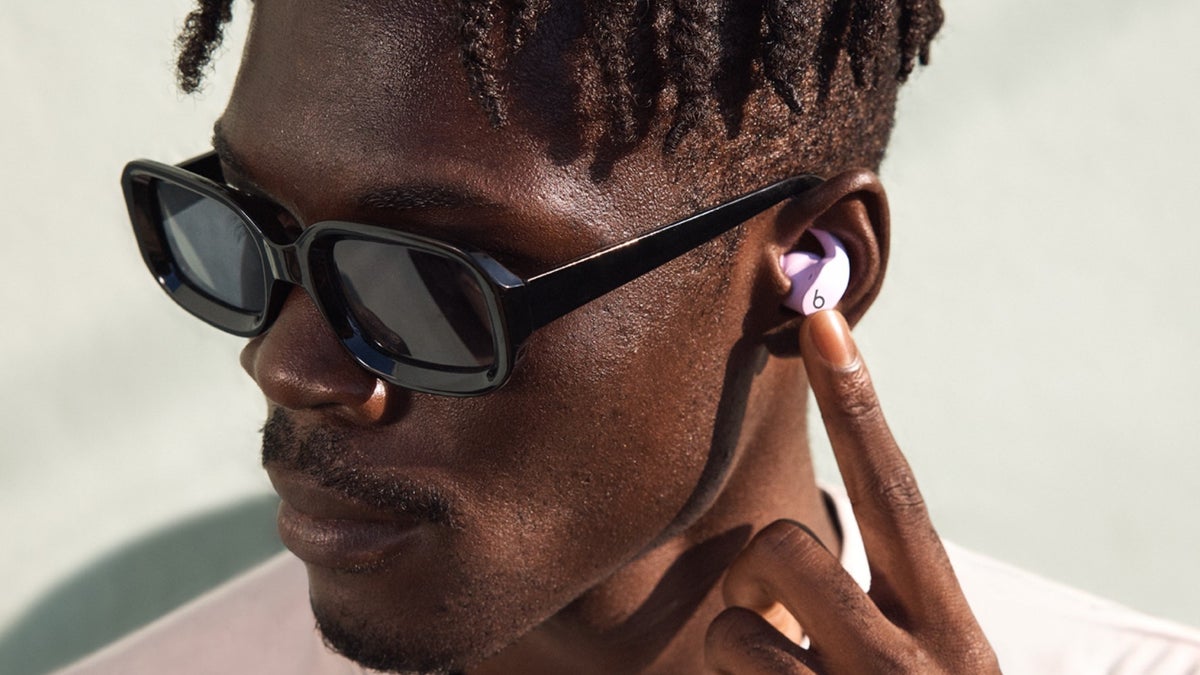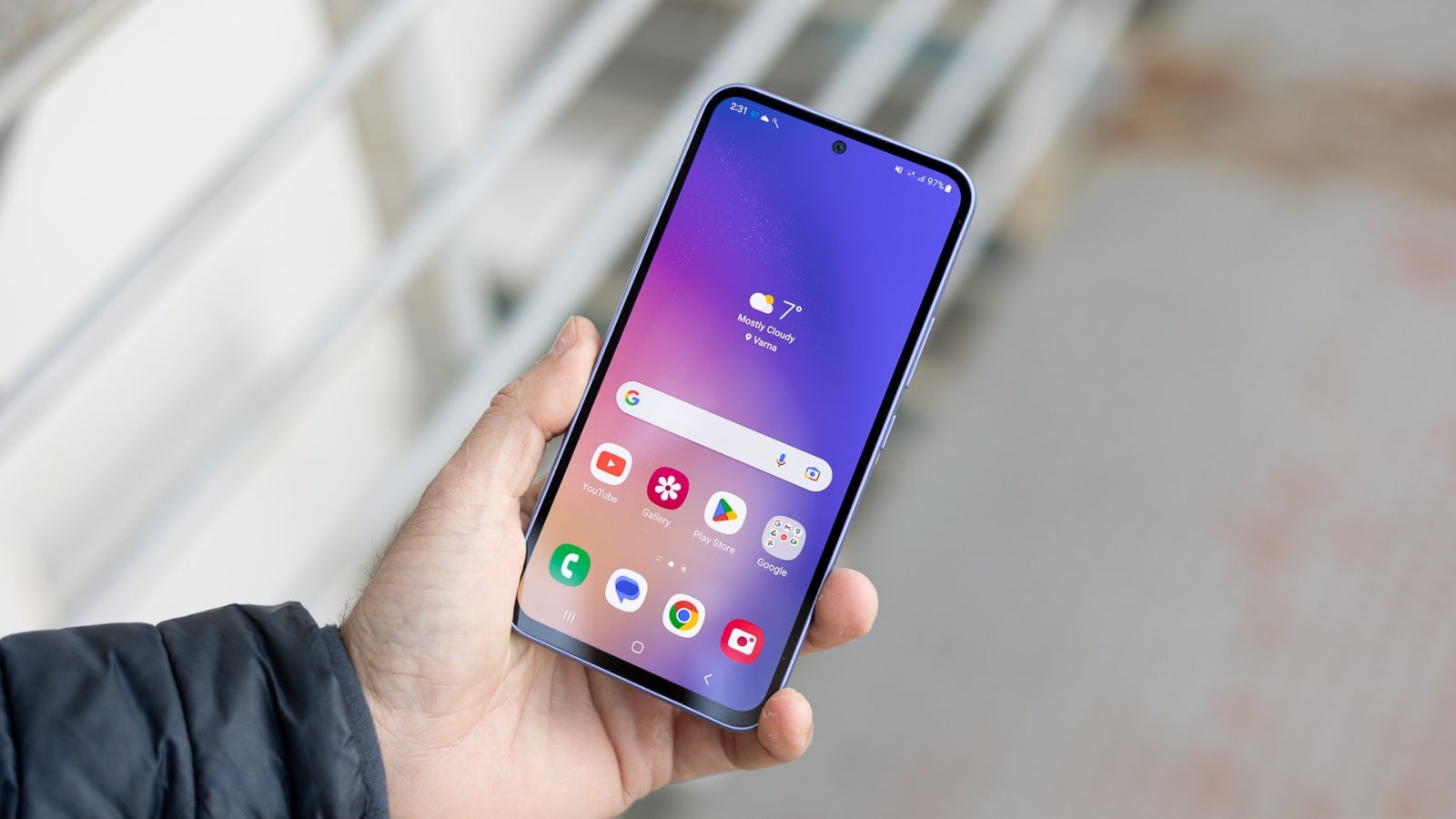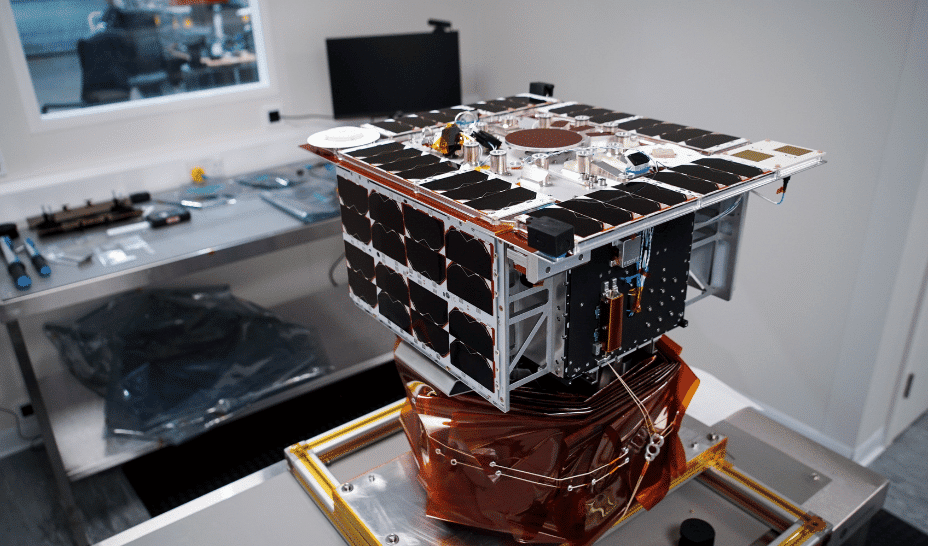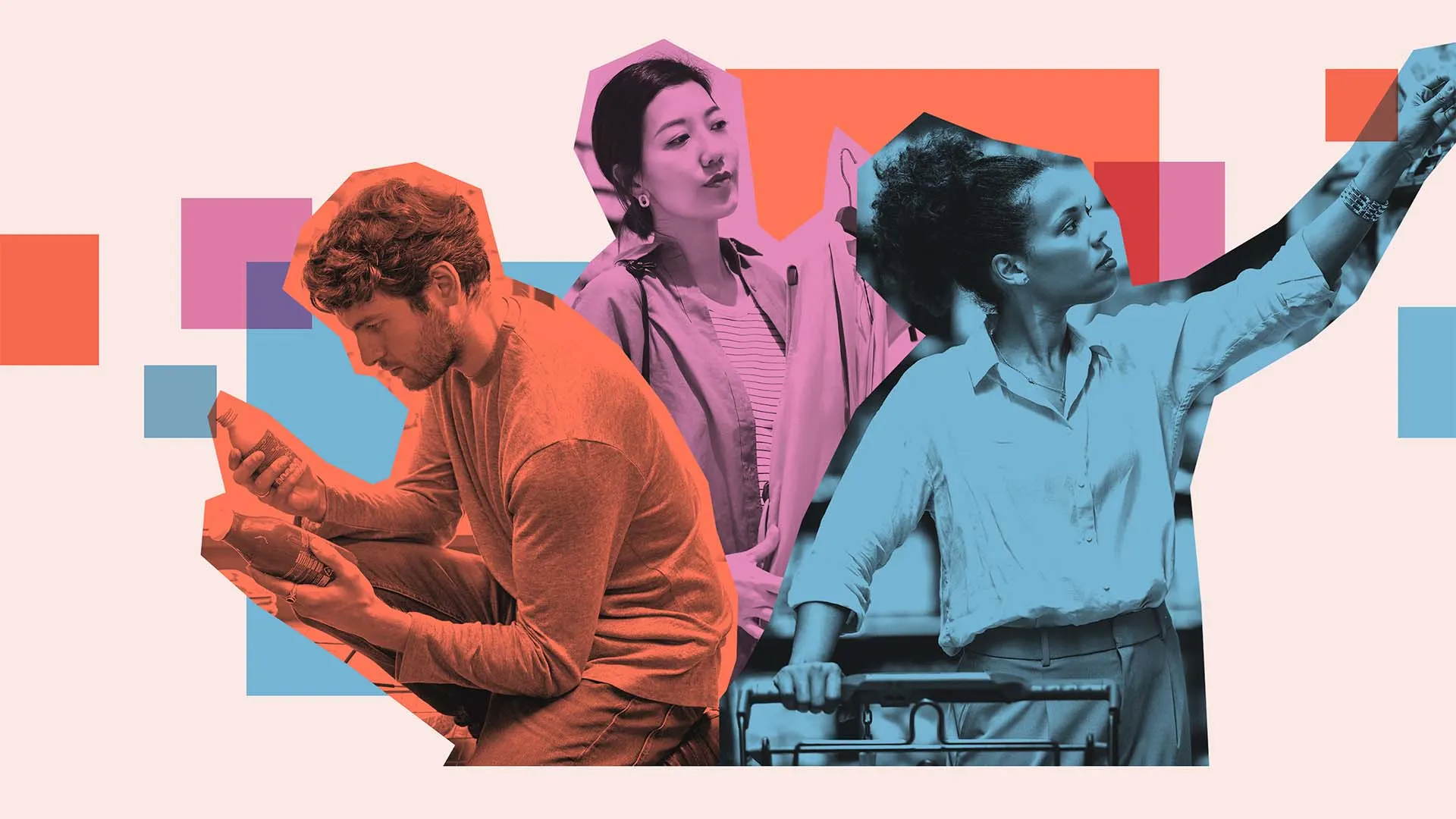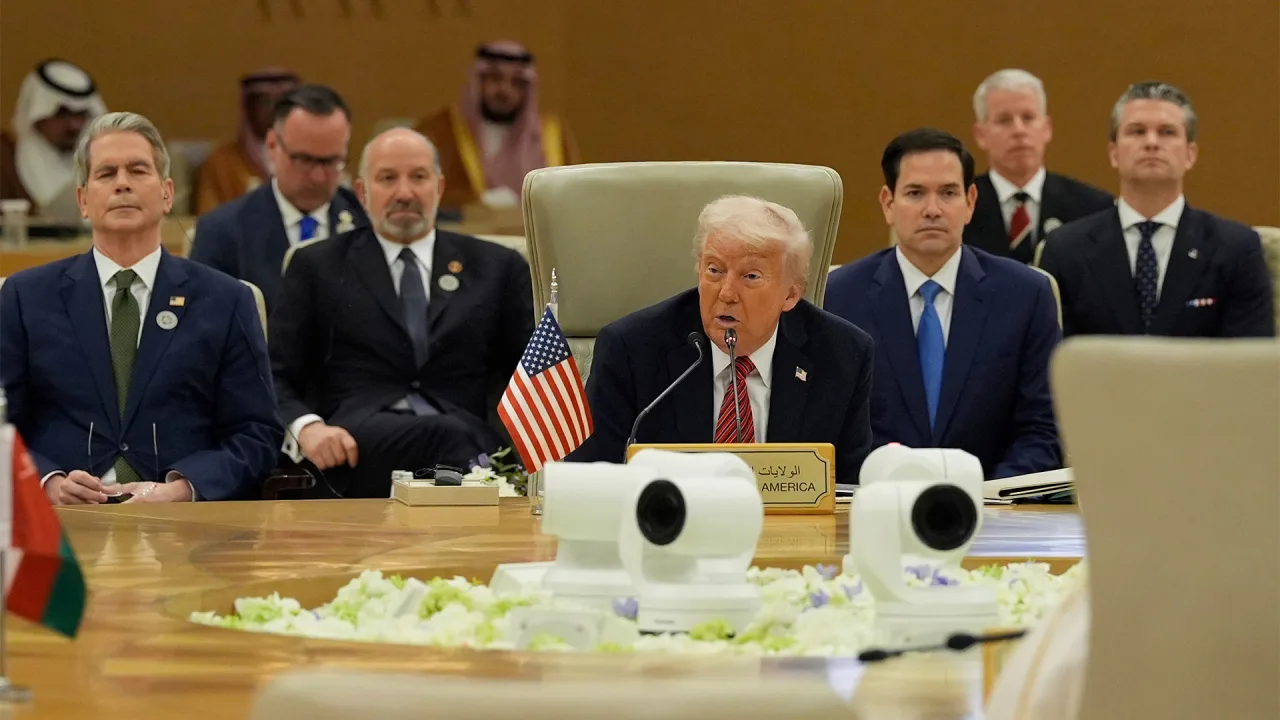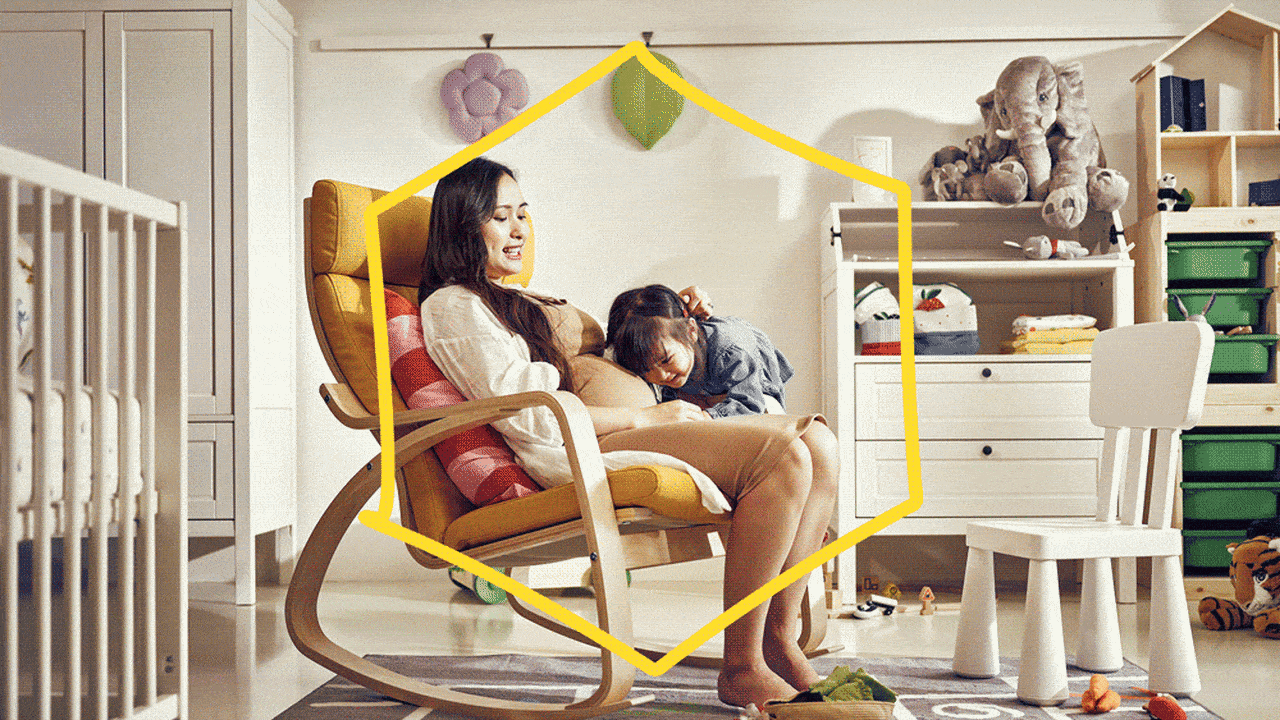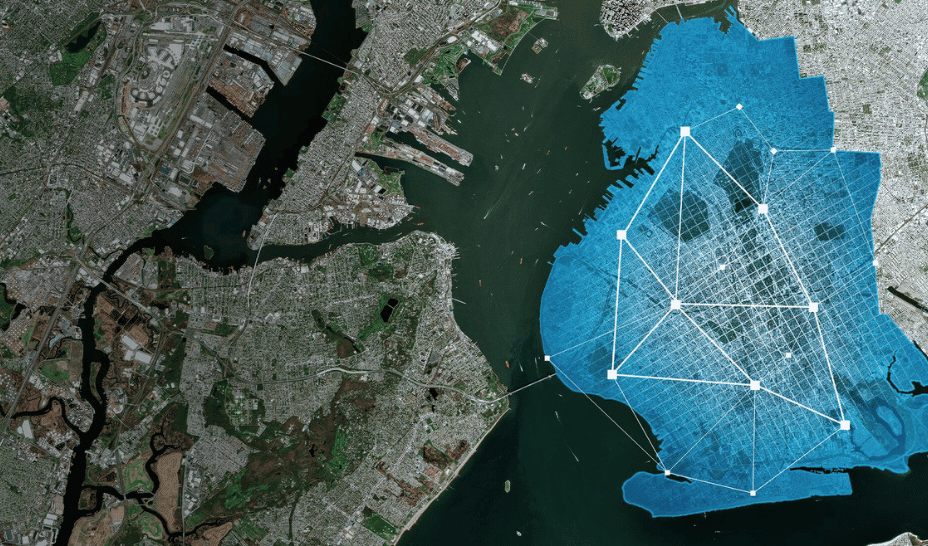Fetosense by CareNX: Saving Lives with Smart Fetal Monitoring
CareNX Innovations is transforming maternal healthcare in India with AI-powered fetal monitoring. Discover how Fetosense is saving lives in rural clinics!


In India, where one baby is lost every two minutes due to preventable complications, the urgency to transform maternal healthcare is more than a policy imperative—it's a moral one. At the heart of this transformation is CareNX Innovations, a healthtech startup leveraging artificial intelligence to bring lifesaving fetal monitoring tools to underserved regions.
From Academia to Impact
Aditya Kulkarni's journey from a PhD in computer science to co-founding a maternal health startup underscores a shift from theoretical research to real-world problem-solving. During the incubation of CareNX at SINE at IIT Bombay, the team witnessed firsthand the devastating consequences of inadequate fetal monitoring in rural clinics. A particularly harrowing encounter with a grieving mother who lost her child due to delayed care became the emotional catalyst for CareNX.
"It wasn't just about building technology. It became about preventing tragedies," says Kulkarni. Teaming up with Avinash Joshi, now CTO, they launched CareNX Innovations in 2015 with a mission to provide safe, accessible, and dignified pregnancy care using next-generation tools.
The Innovation: Fetosense
CareNX's flagship product, Fetosense, is a portable, AI-enabled fetal monitoring system designed for low-resource environments. Unlike traditional CTG machines, Fetosense is telemetric, cost-effective, and user-friendly. It empowers frontline health workers and general physicians to detect high-risk pregnancies in real time, bypassing the need for on-site specialists.
The AI interprets fetal heart rate and uterine contraction data, offering clinical guidance rooted in standardized protocols. This context-aware approach ensures that even non-specialists can make informed decisions swiftly—a game-changer in rural healthcare.
Scalable, Sustainable Model
CareNX operates on a B2B and B2G model, selling devices bundled with software subscriptions and service contracts. Its modular pricing structure makes the technology accessible to a range of healthcare providers, from private maternity hospitals to state governments.
Today, over 2,500 hospitals have adopted Fetosense, with deployments extending beyond India to Bangladesh, Afghanistan, Nigeria, and more. Strategic partnerships with organizations like UNICEF and MIT Solve have fueled this growth.
Tangible Impact and Recognition
With over 500,000 pregnancies screened and a 30%+ reduction in NICU admissions in partner hospitals, CareNX's impact is undeniable. The startup's achievements have garnered global attention, with accolades from Queen Elizabeth II, Prime Minister Narendra Modi, Stanford Medicine, and Google for Startups.
Their open-source AI model, currently piloted with 30 general physicians under UNICEF funding, exemplifies the team's commitment to democratizing maternal healthcare.
Challenges and Lessons
Despite its success, CareNX faces persistent hurdles, particularly in navigating India's public health procurement processes and regulatory landscapes. Building trust among frontline workers and integrating technology into legacy systems requires continuous effort.
"We learned early that tech alone doesn't change outcomes. Empathy, training, and local partnerships do," Kulkarni reflects.
Looking Ahead
Short-term plans include scaling the UNICEF-backed pilot and releasing their AI model for broader use. Long-term, CareNX envisions a full-stack maternal care platform combining diagnostics, AI, and remote interventions, with geographic expansion into Africa, Southeast Asia, and Latin America.
Kulkarni's message to young founders is clear: "Start with a real problem, not a trend. Build with users, not just for them. And remember, solving a problem from Tier 2 or Tier 3 India is your superpower."
By turning technological prowess into grassroots impact, CareNX Innovations is not only saving lives—it's redefining maternal care for the next generation.
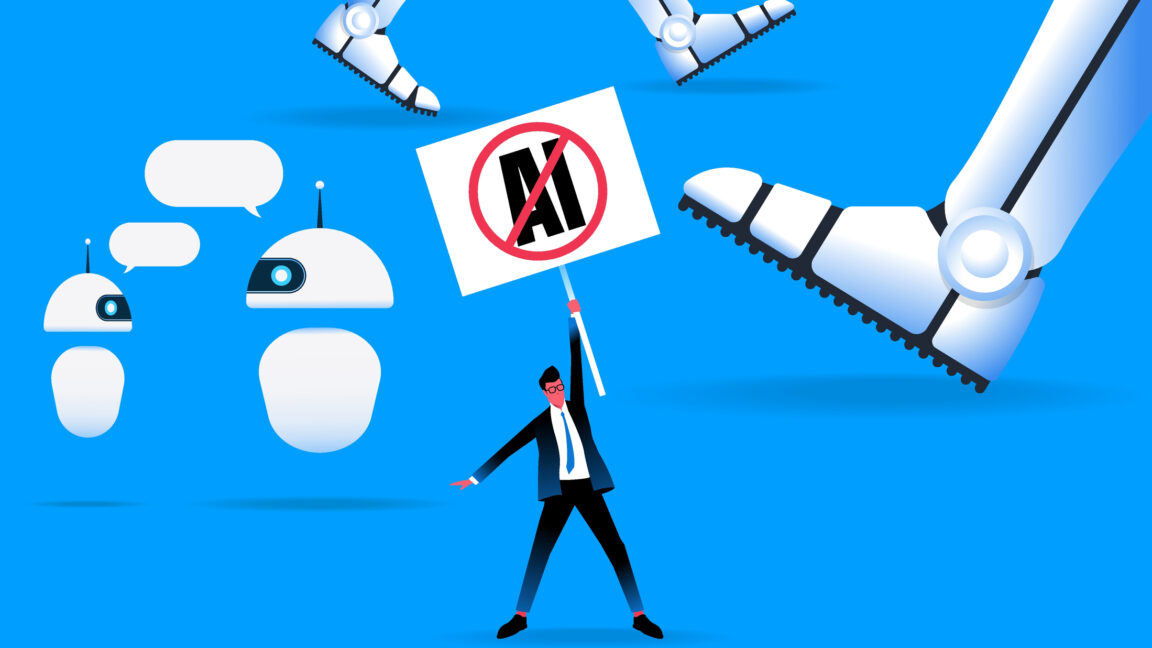
















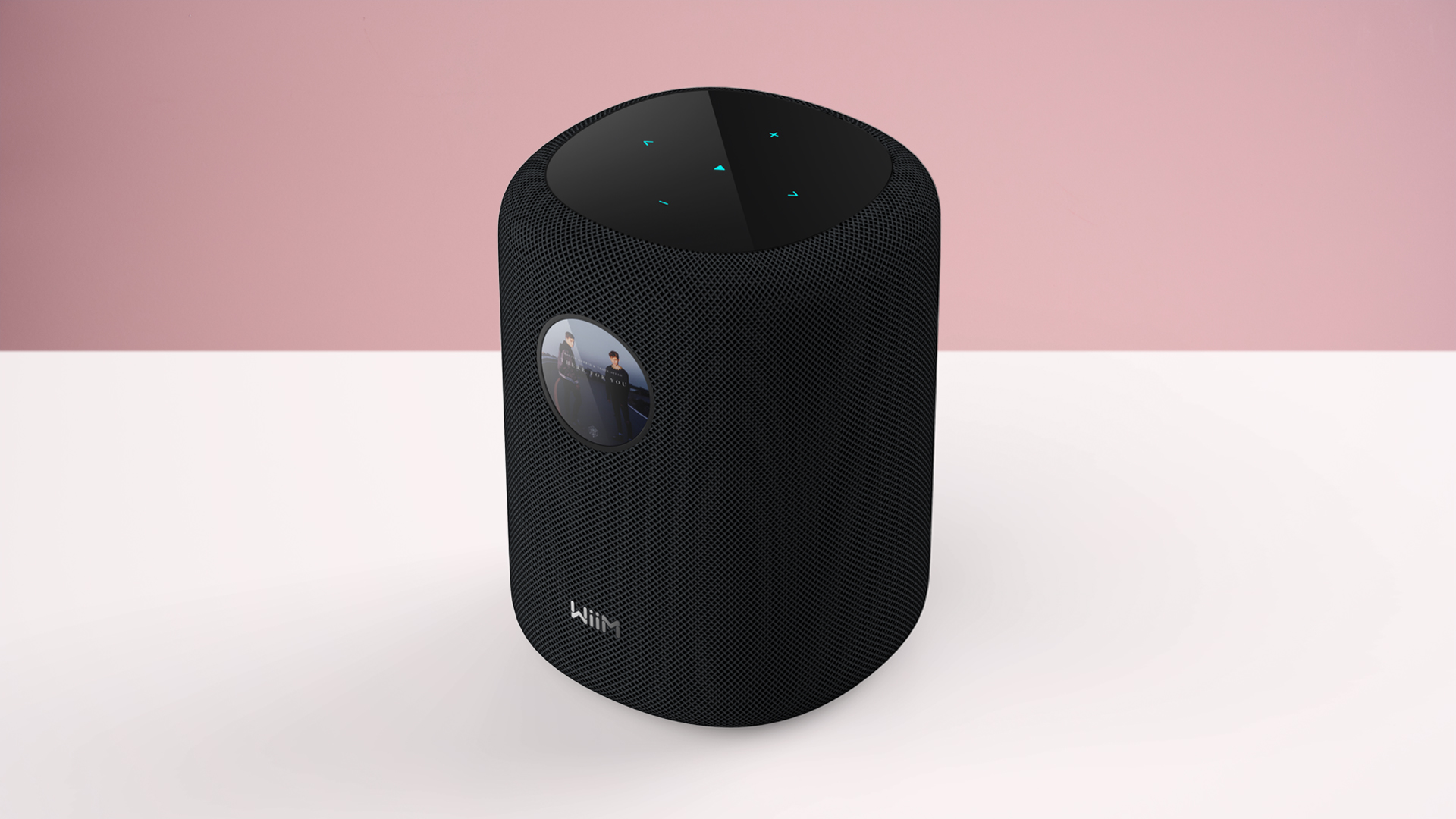
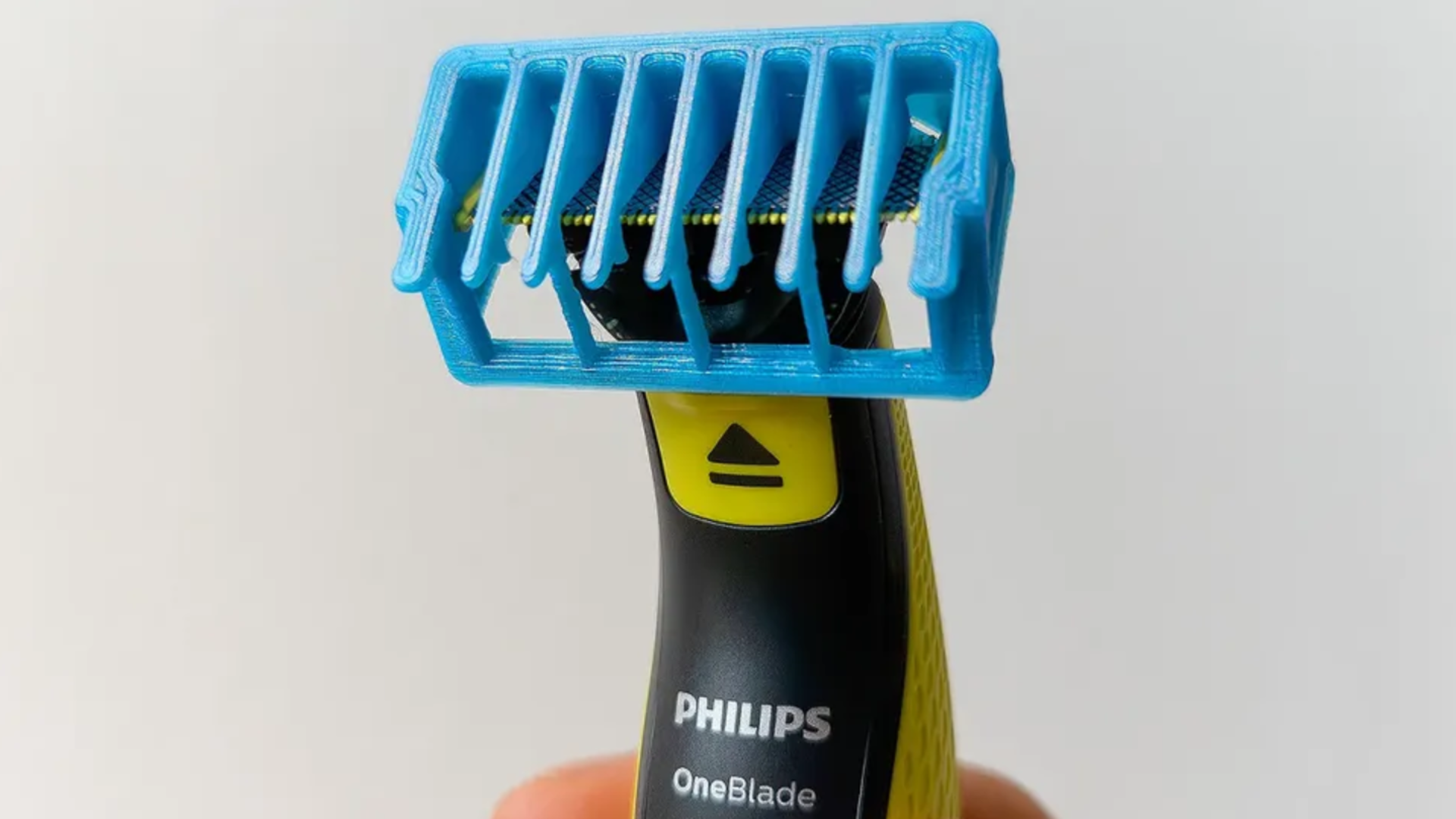











































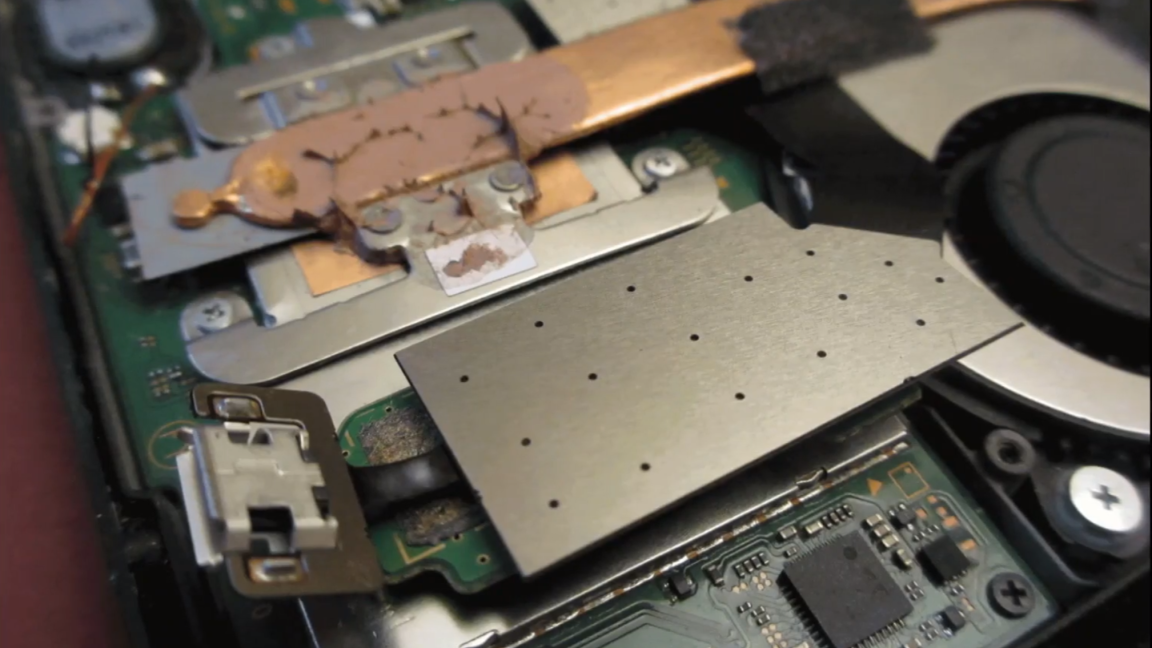


























































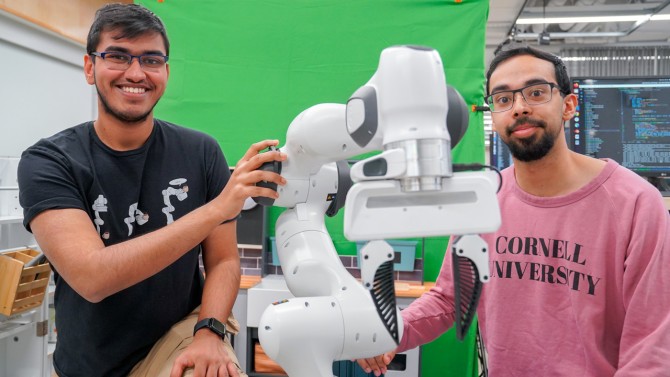



























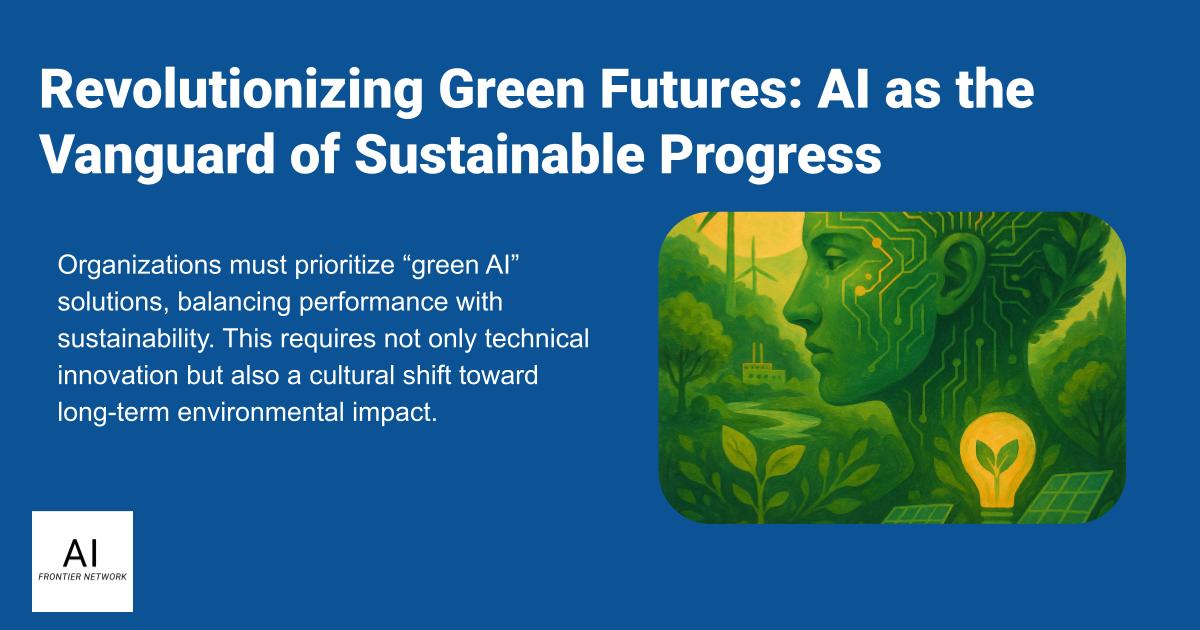
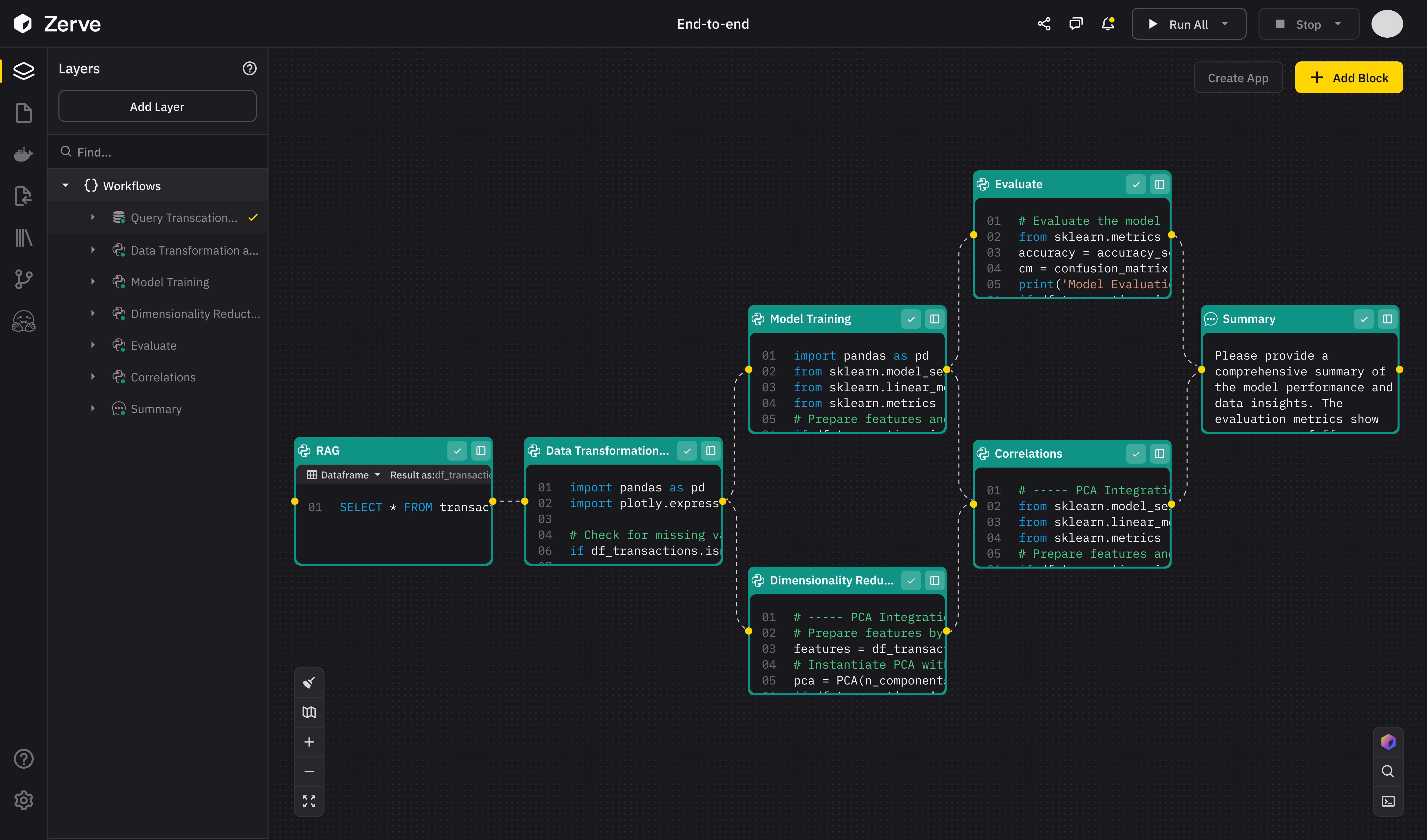
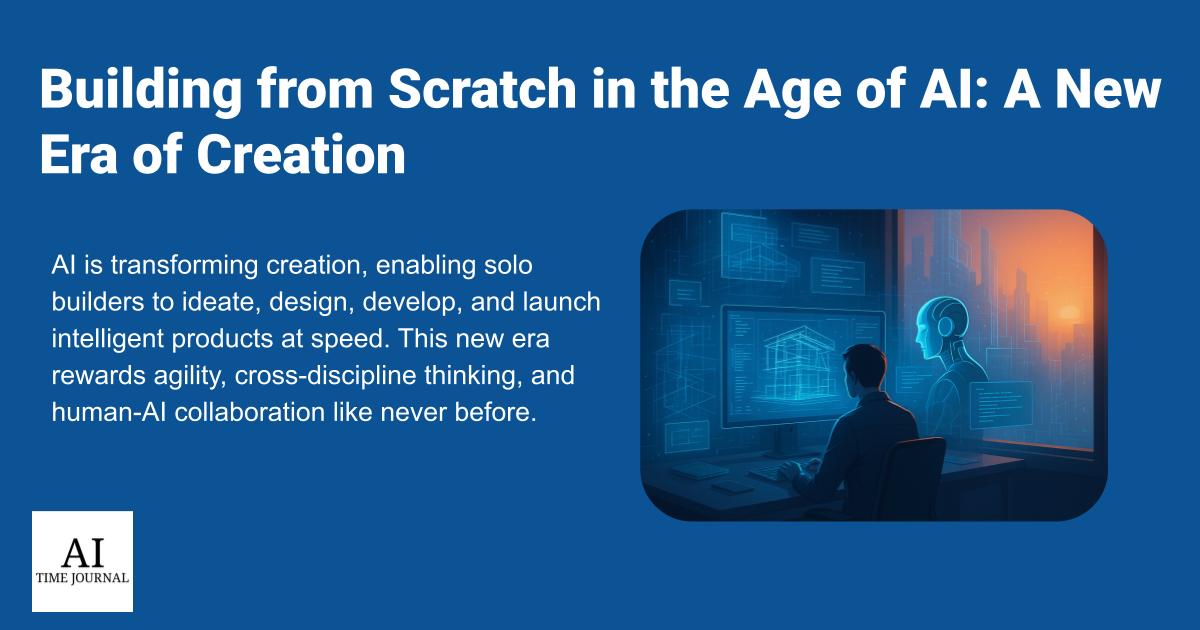












![[The AI Show Episode 147]: OpenAI Abandons For-Profit Plan, AI College Cheating Epidemic, Apple Says AI Will Replace Search Engines & HubSpot’s AI-First Scorecard](https://www.marketingaiinstitute.com/hubfs/ep%20147%20cover.png)


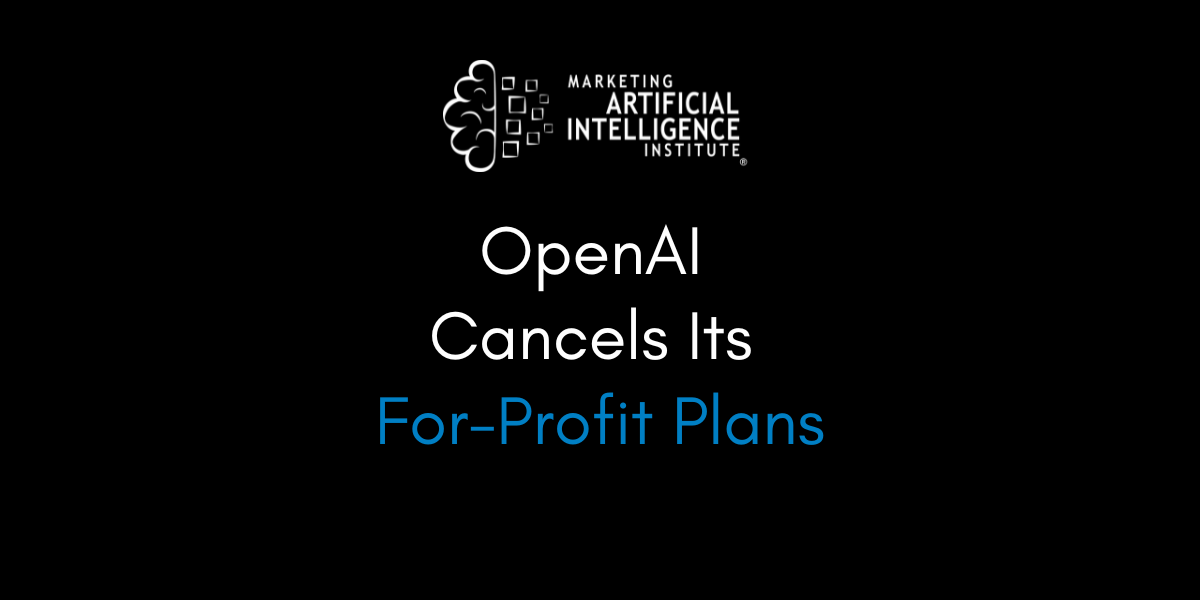



































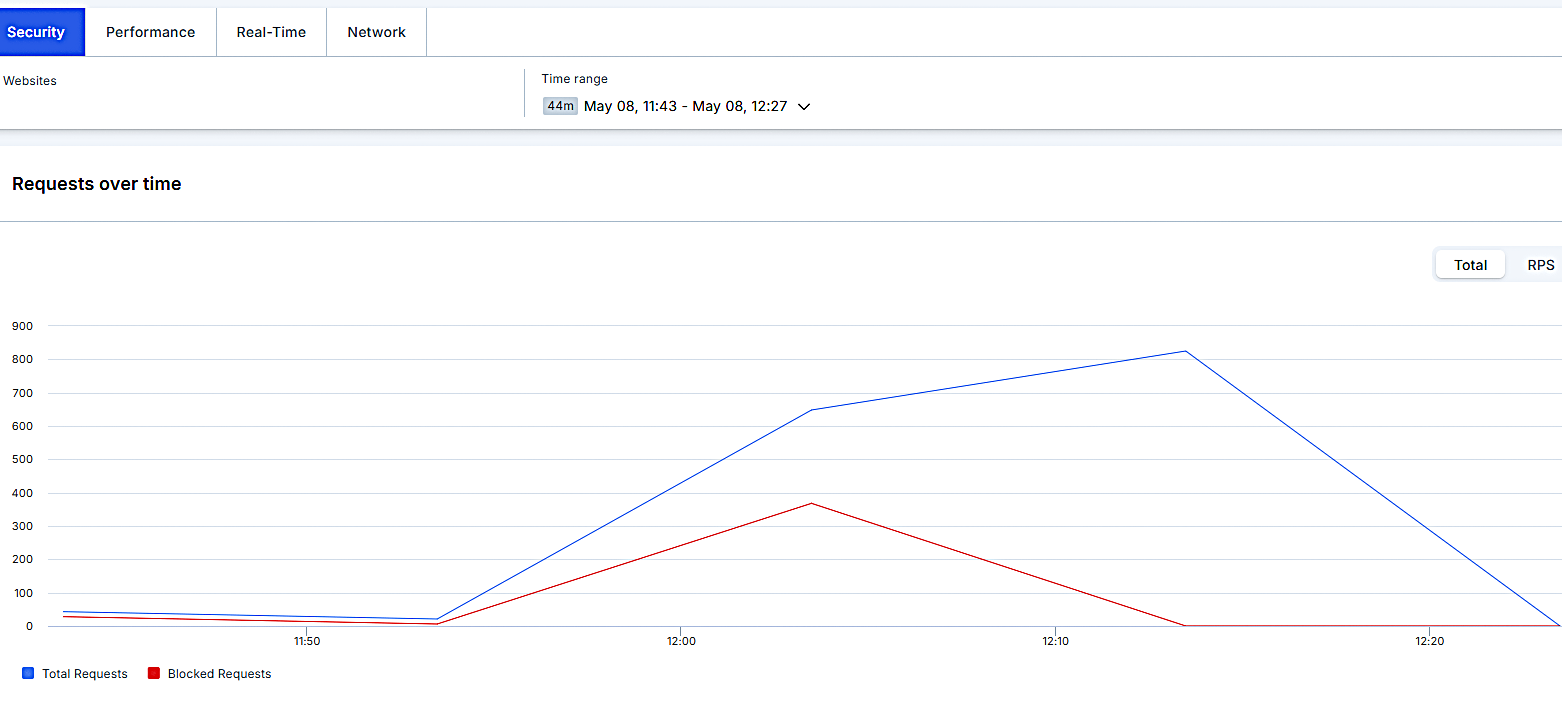



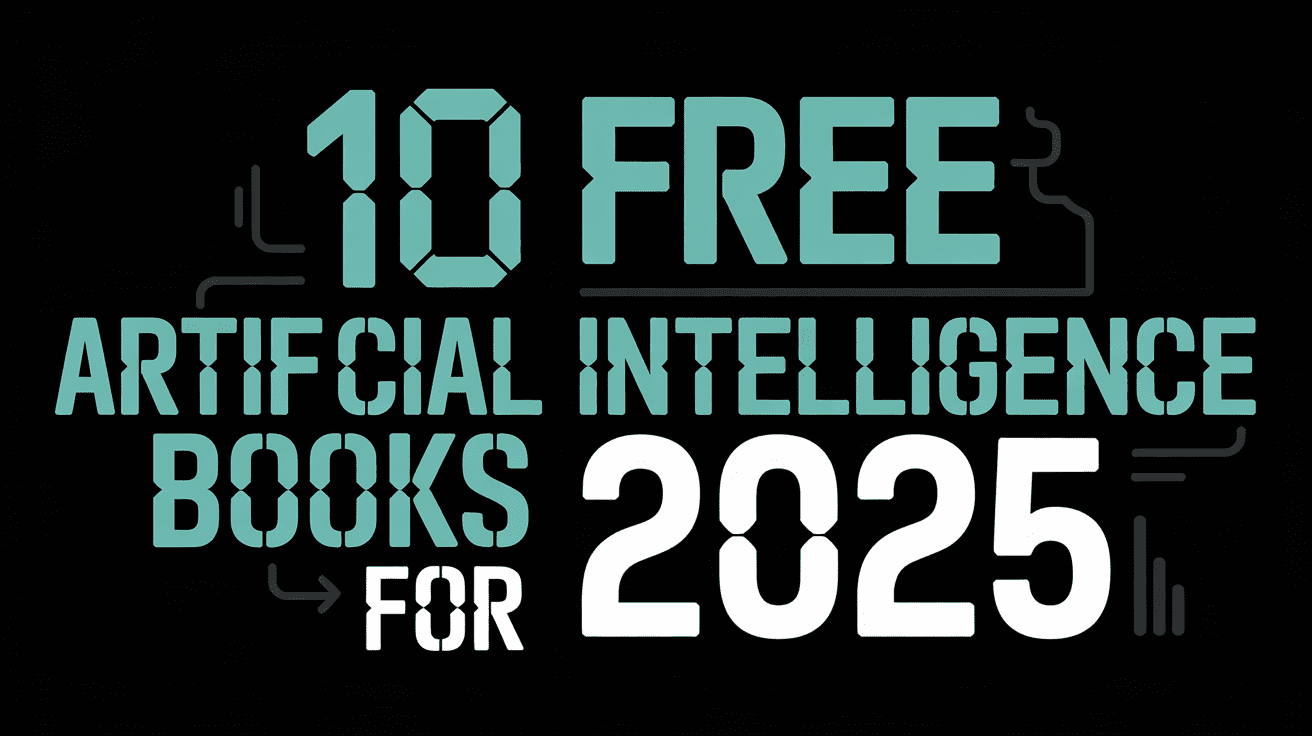
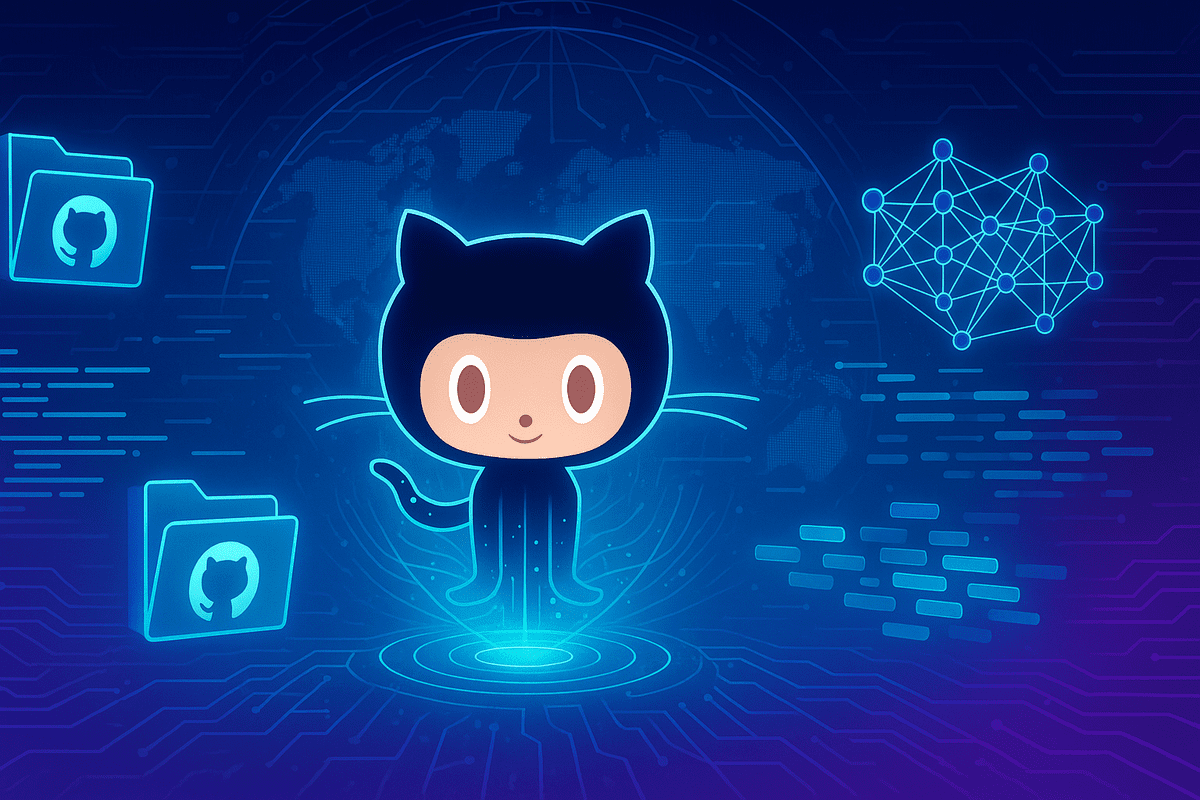























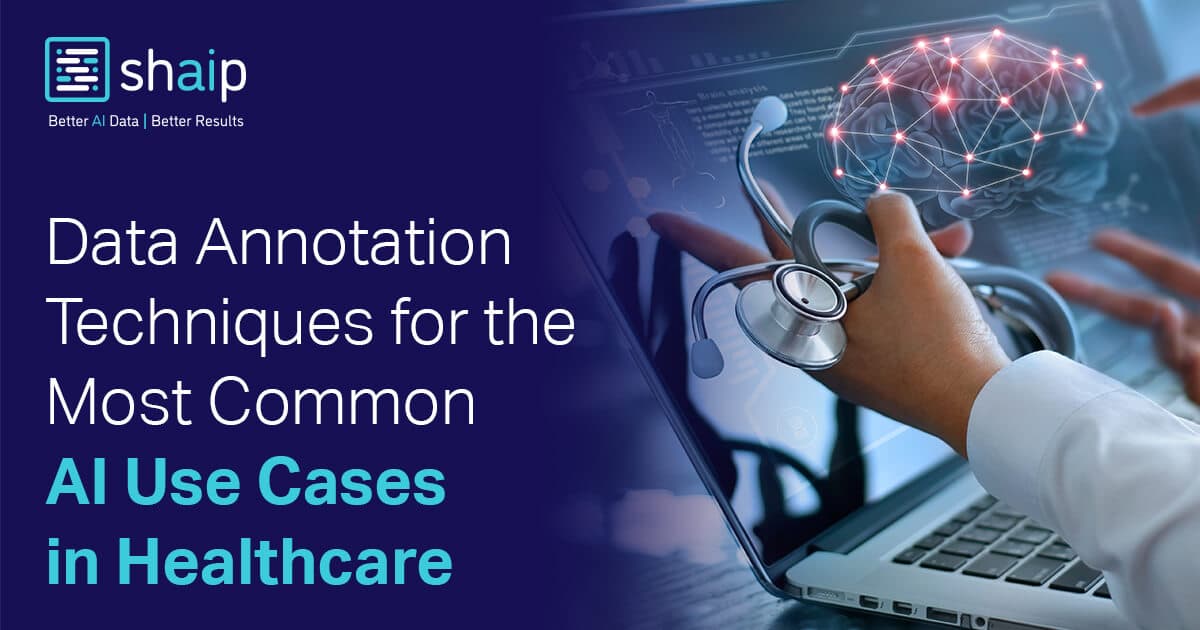

























































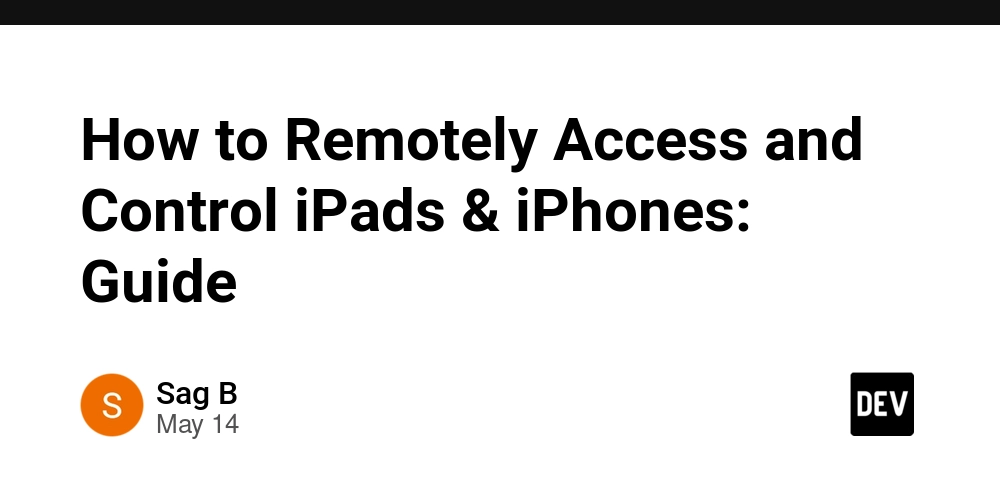
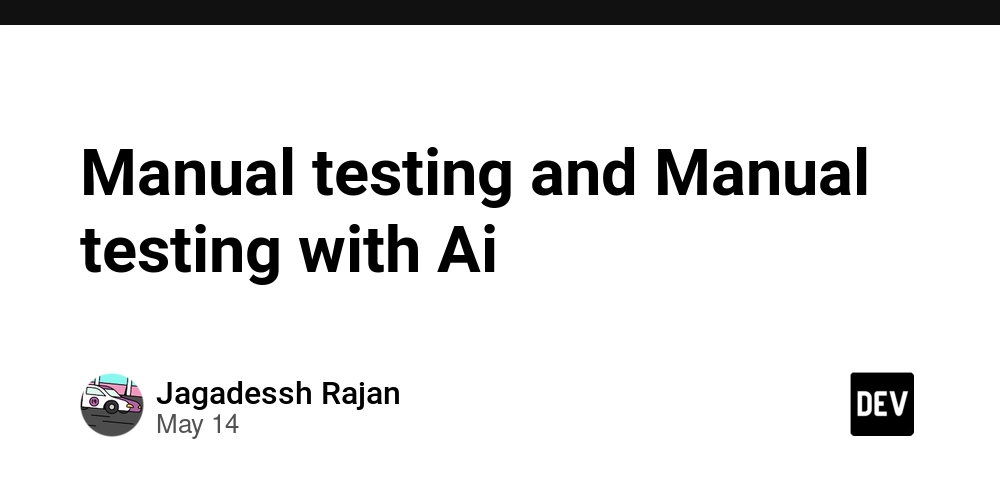
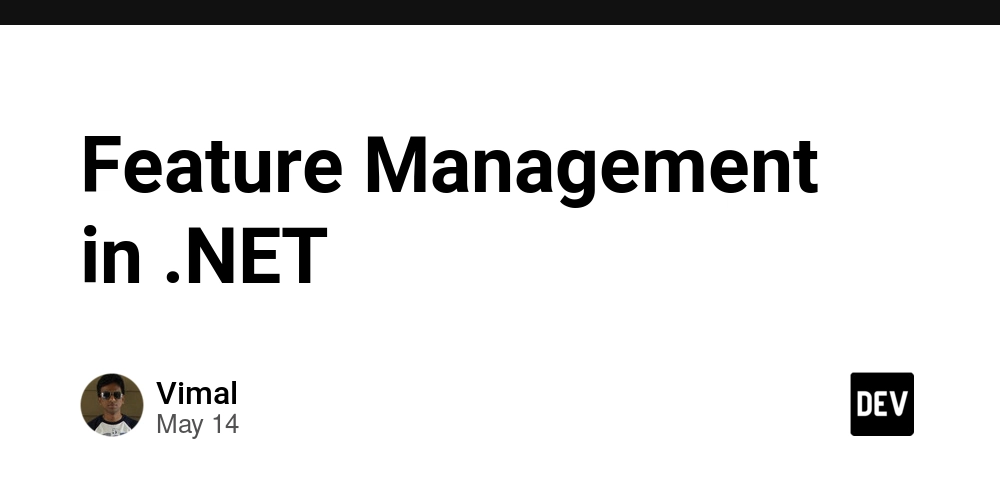







































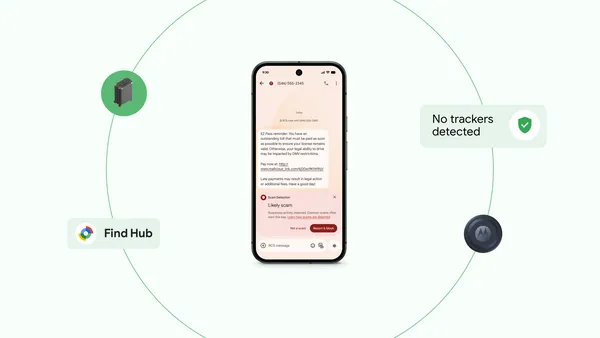
















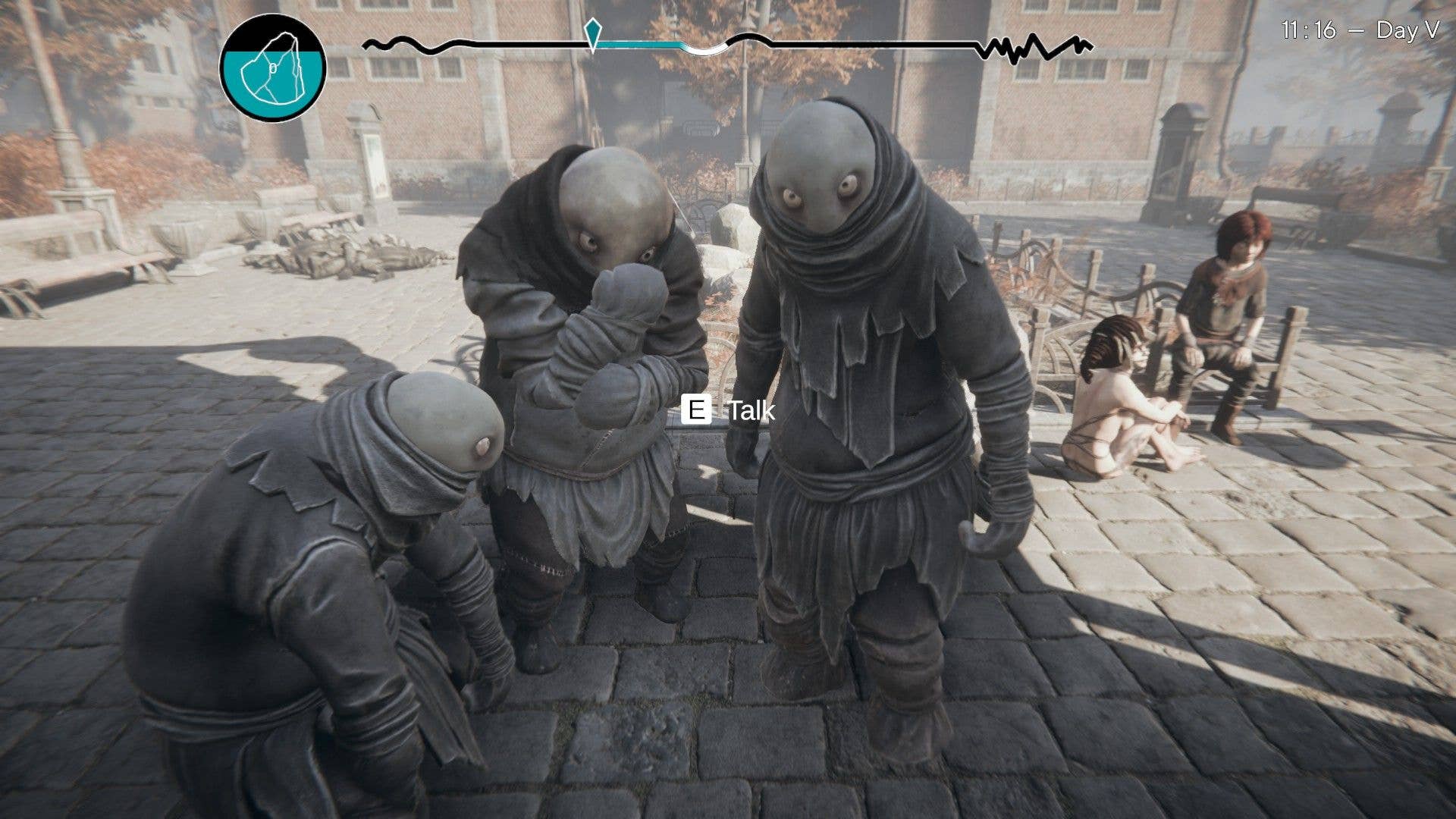
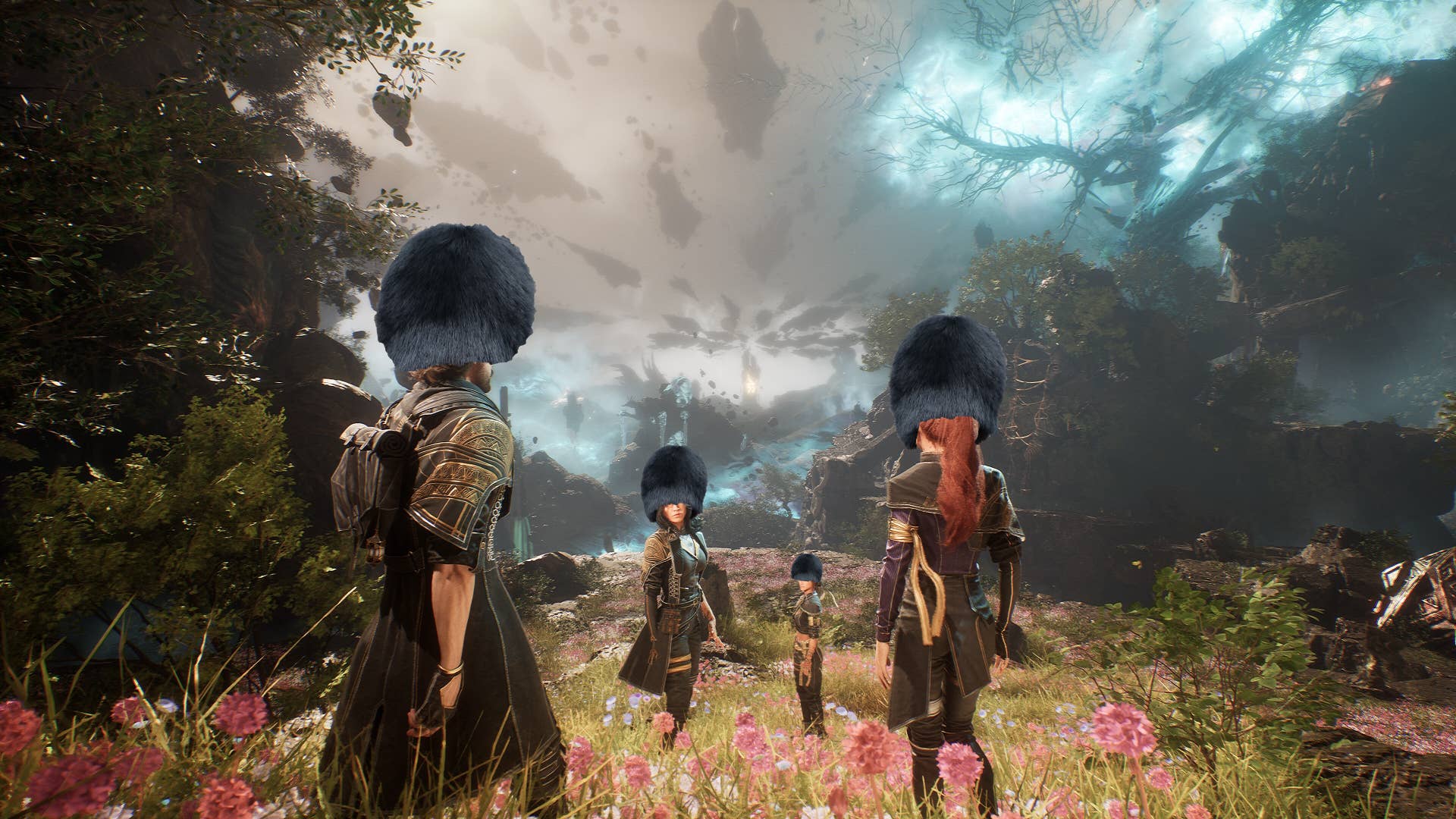






















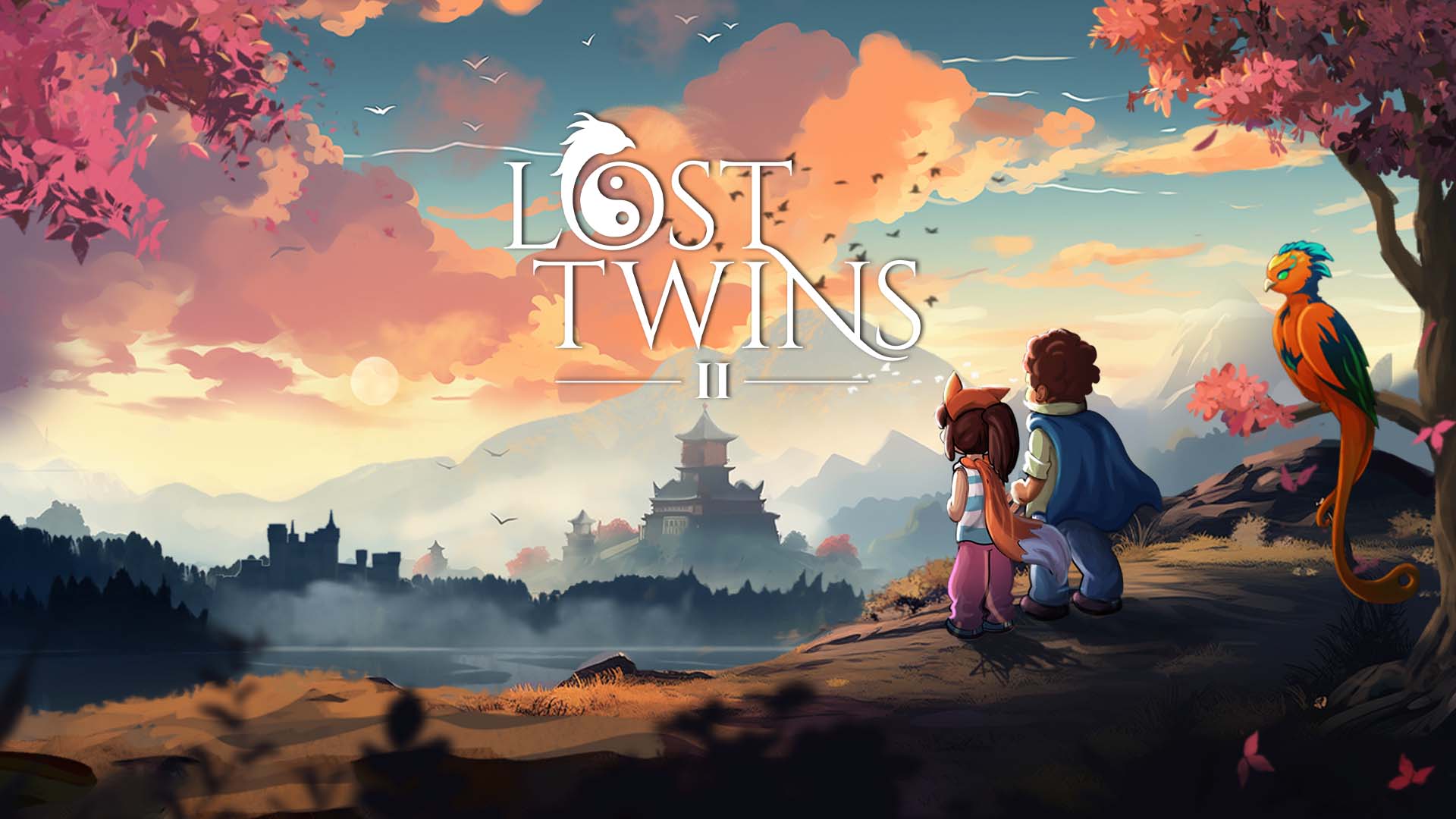



























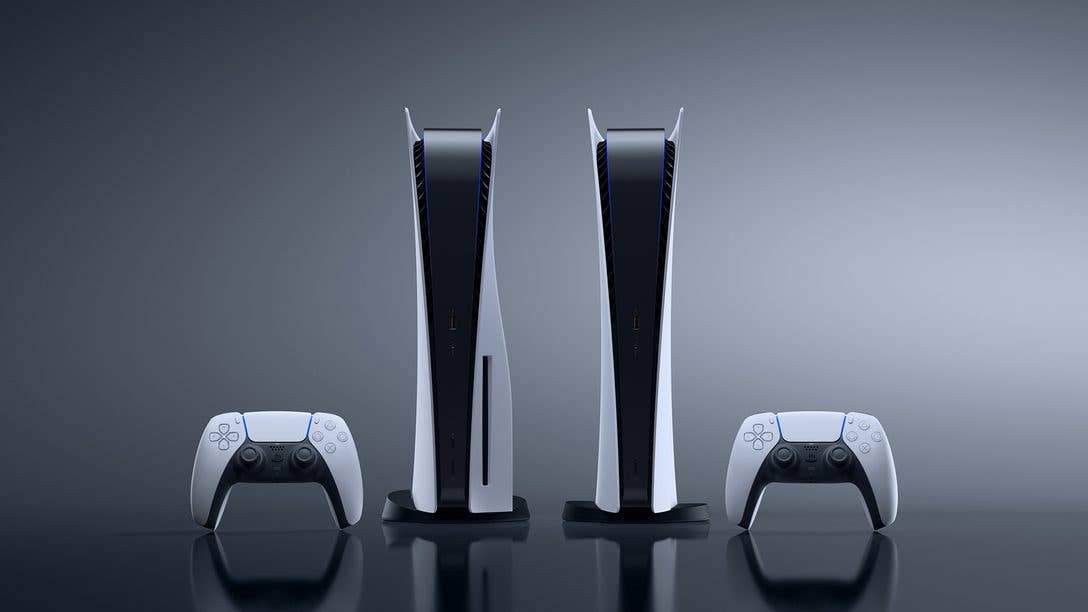





















_Gang_Liu_Alamy.jpg?width=1280&auto=webp&quality=80&disable=upscale#)
























































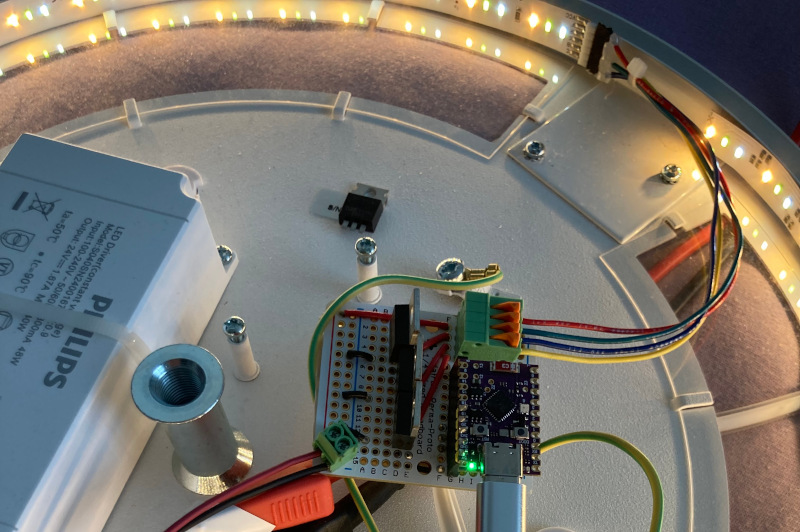
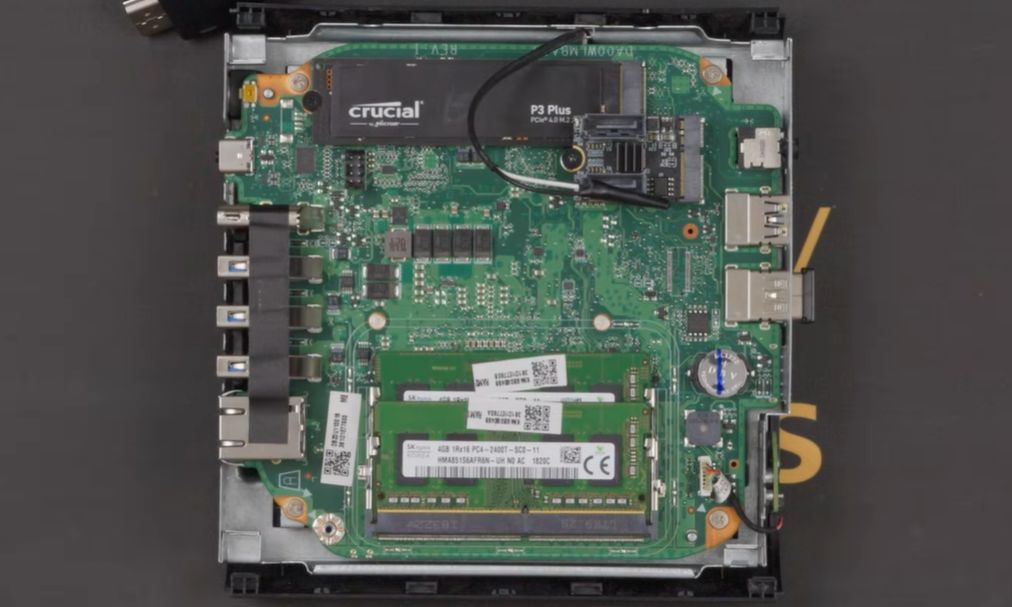
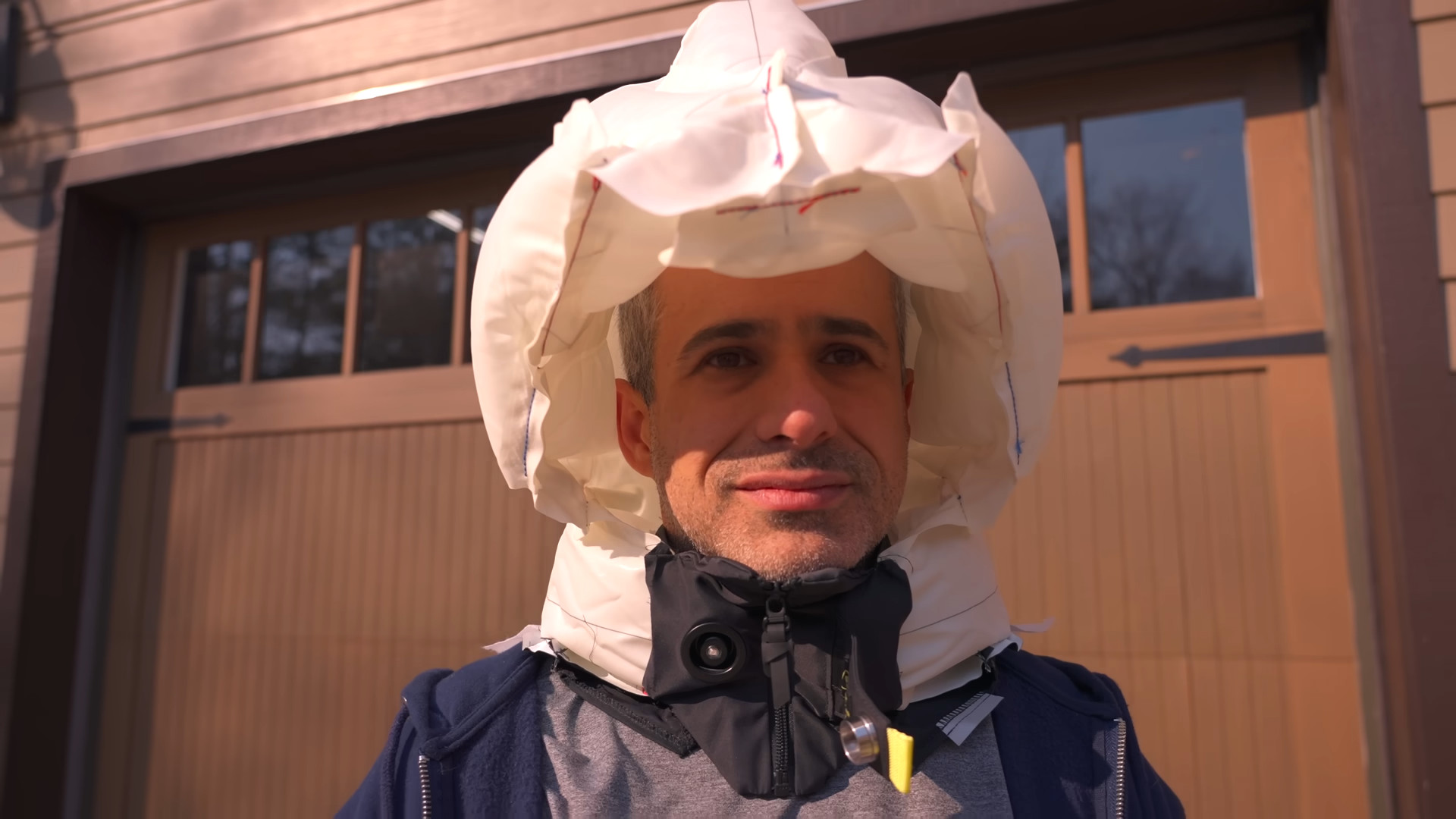


















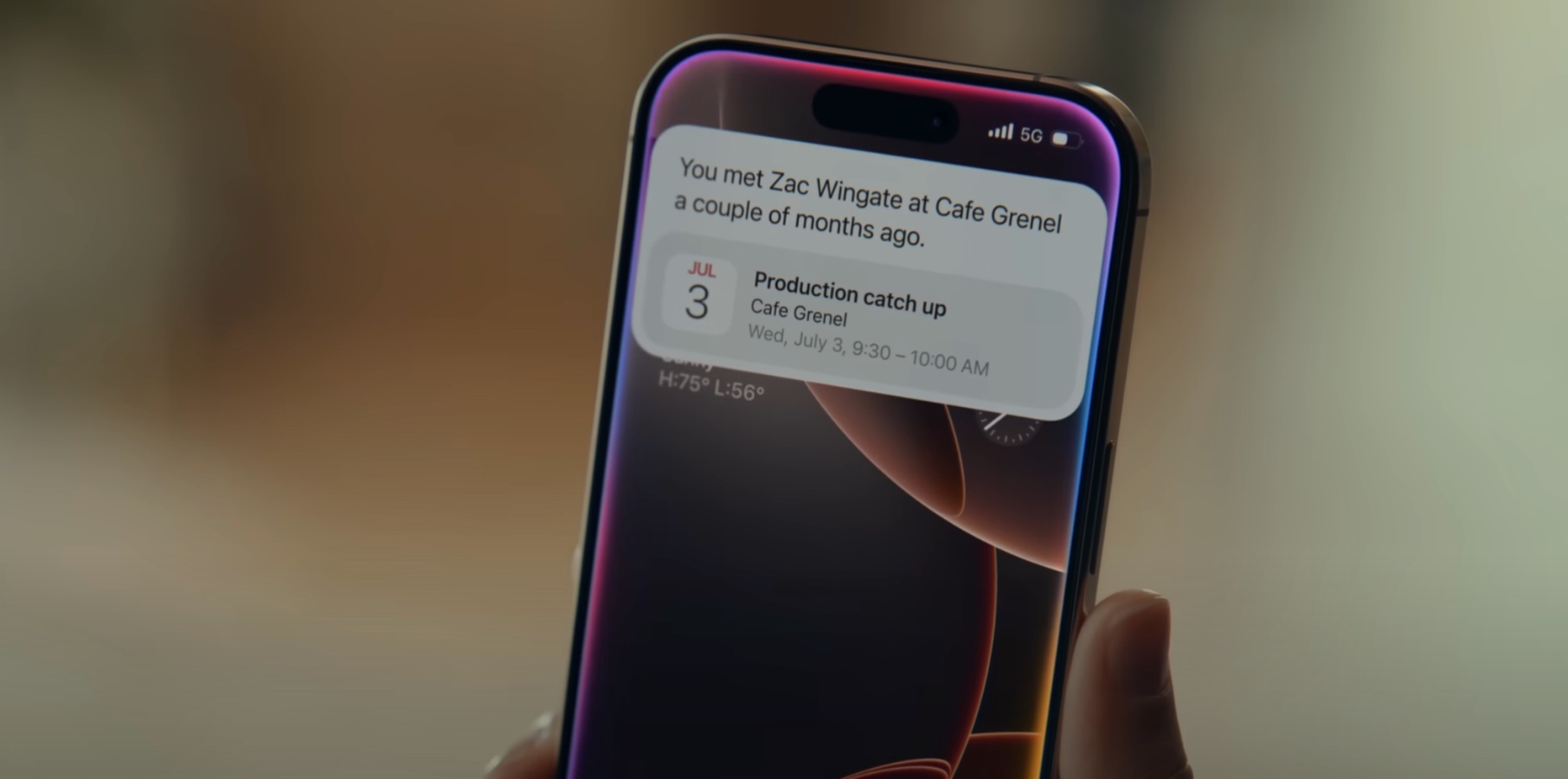

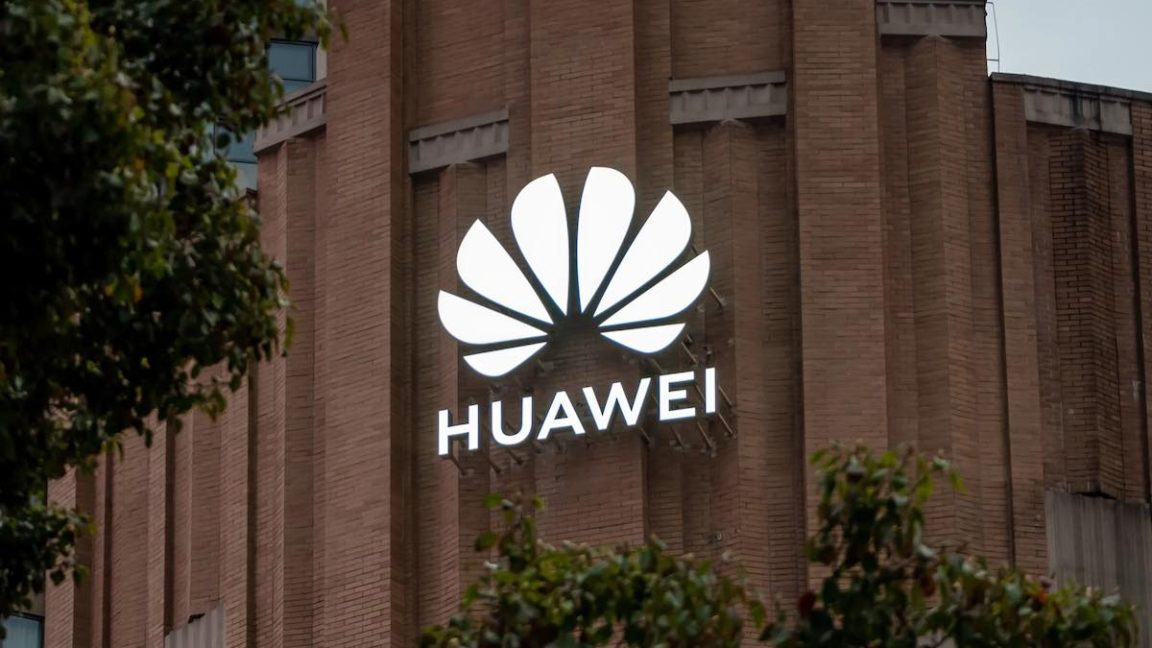
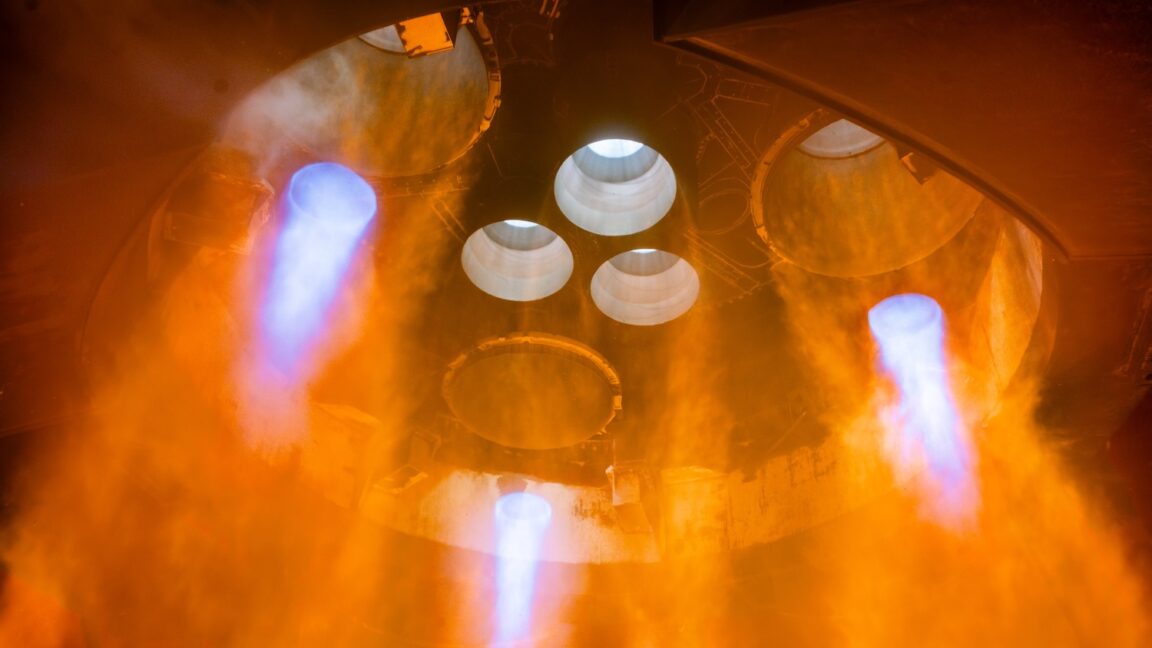
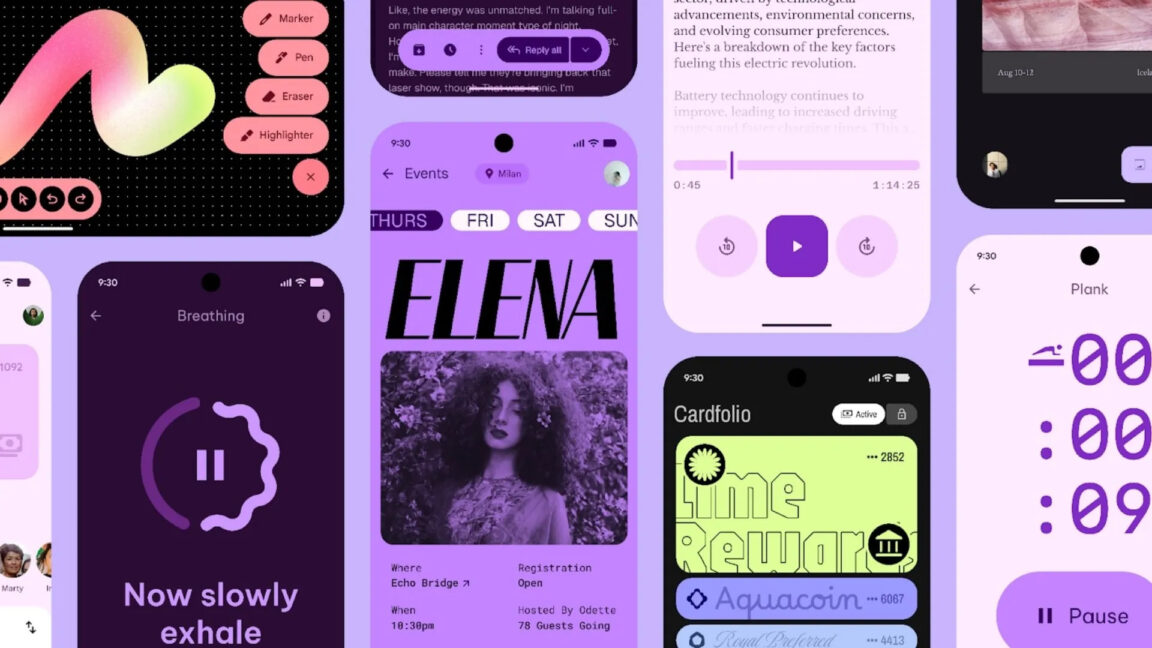

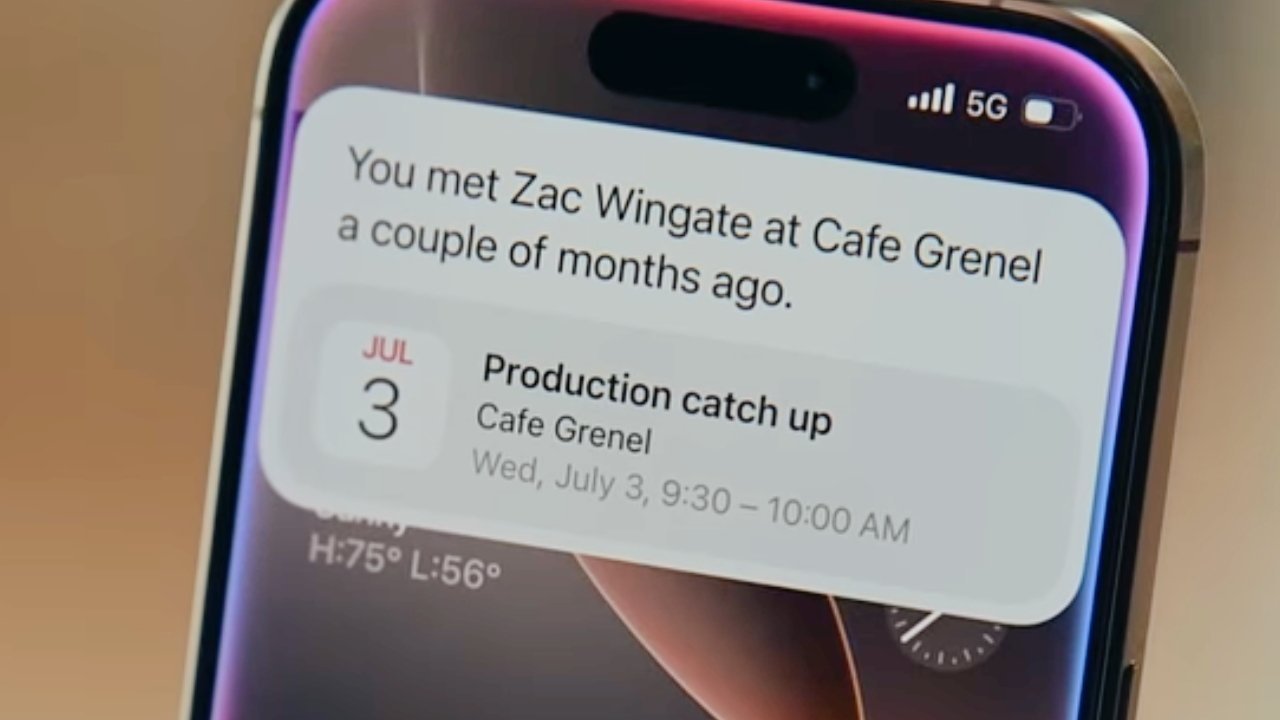
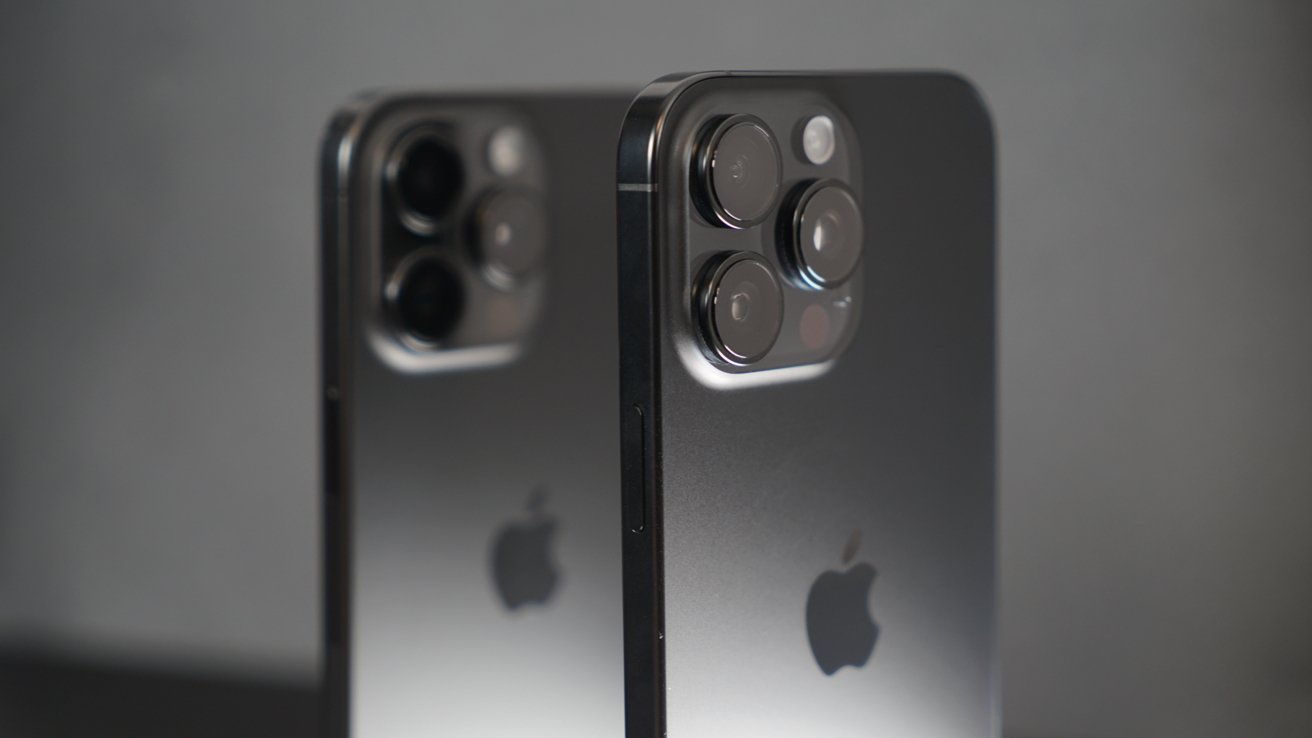
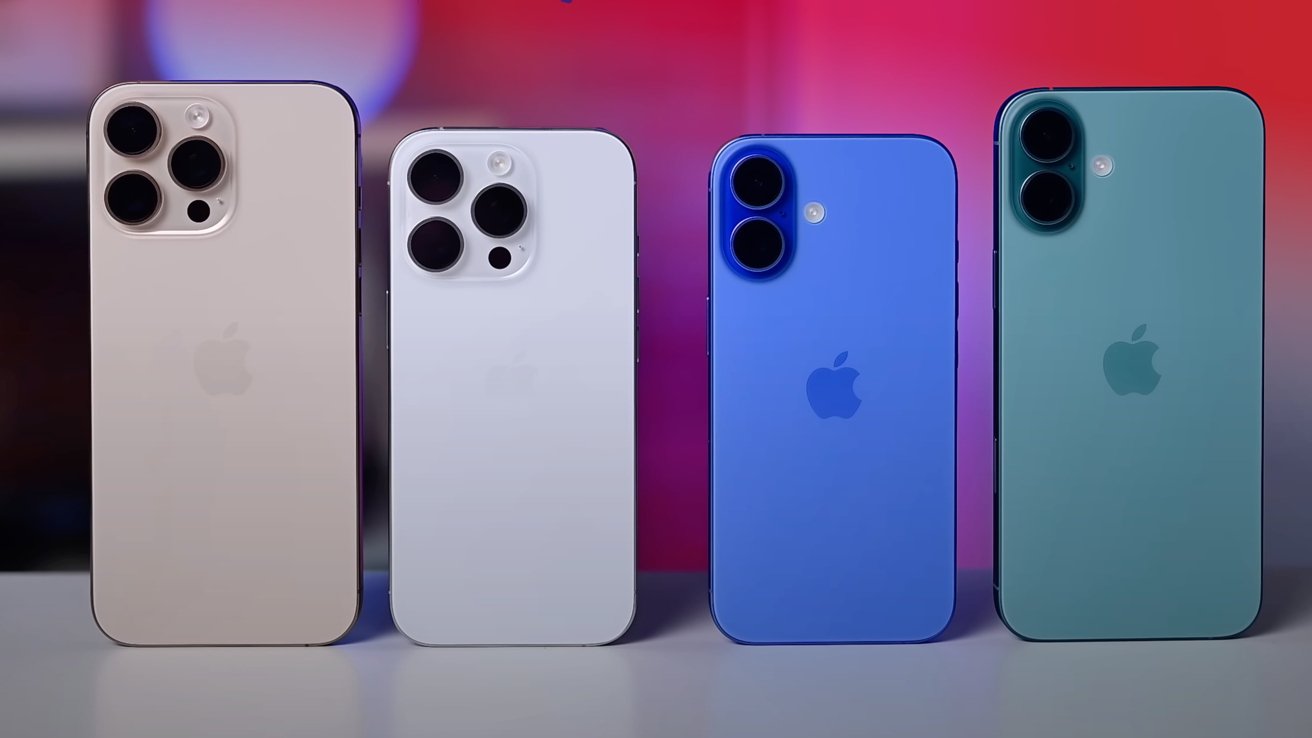
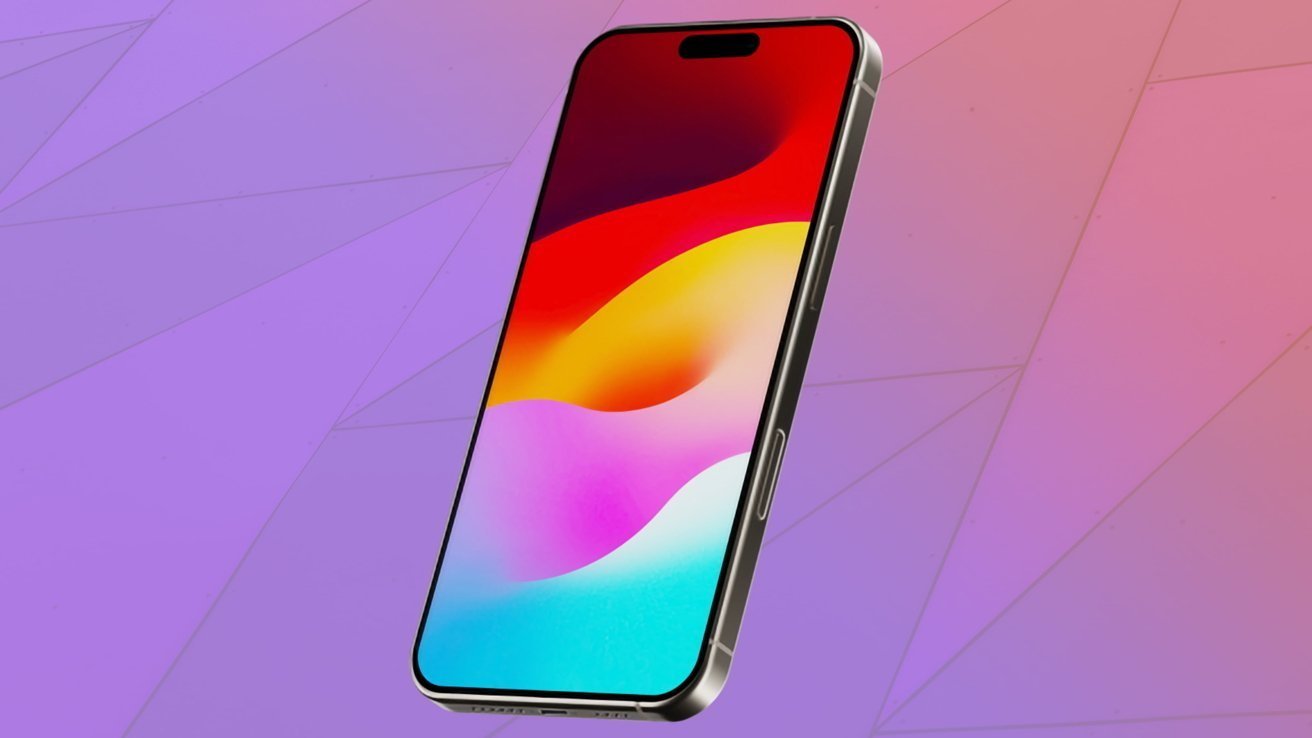

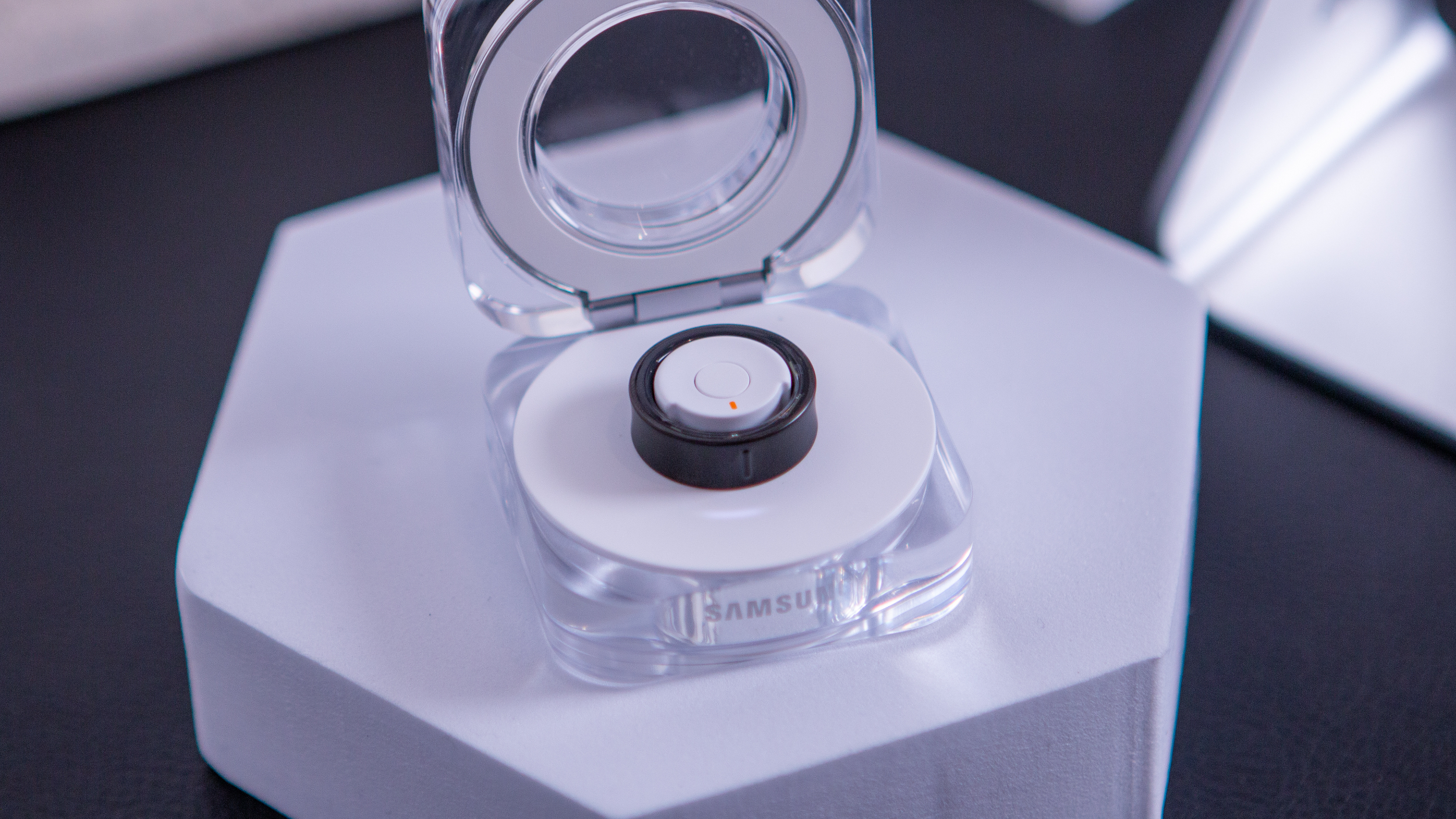



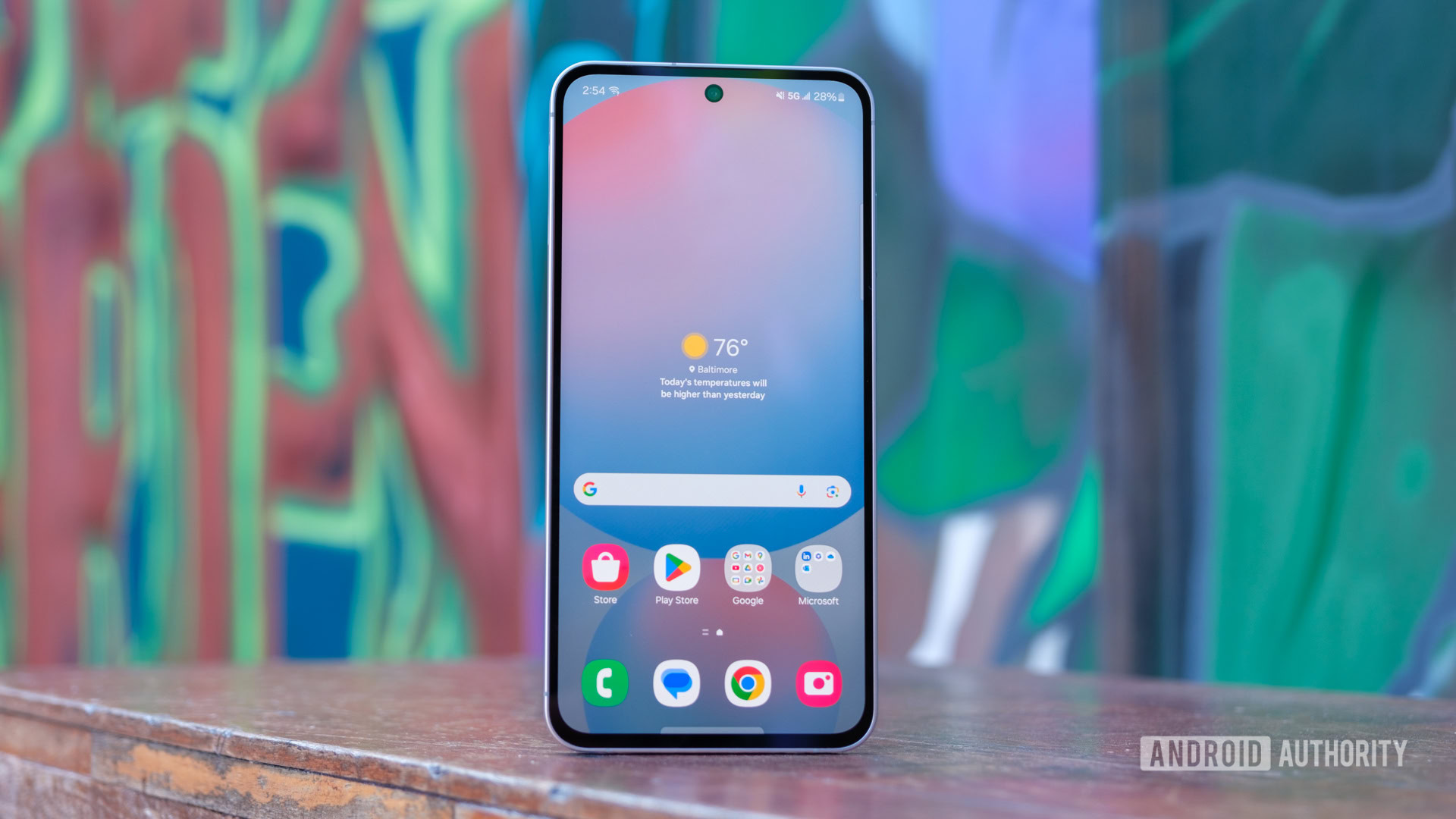
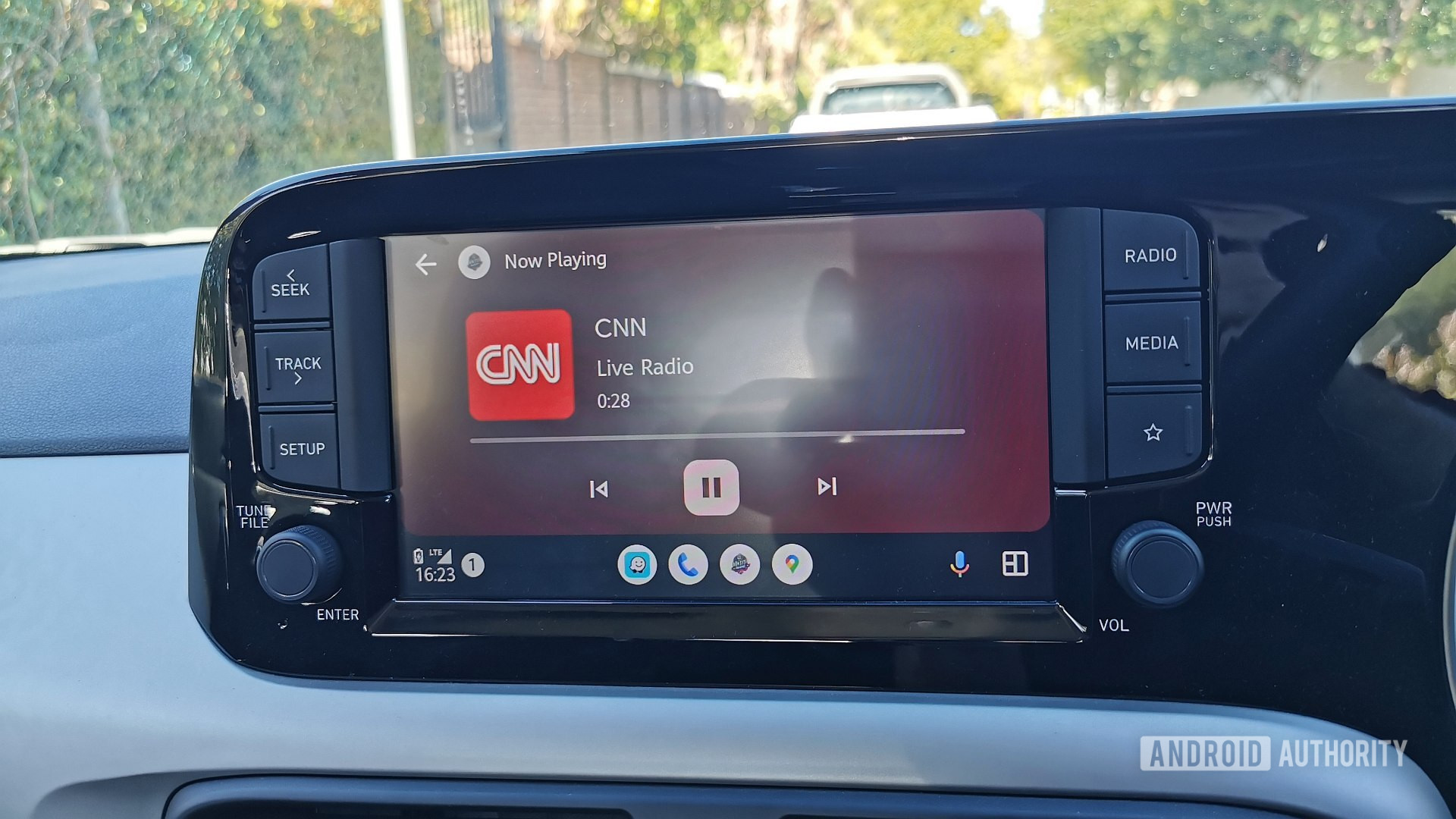
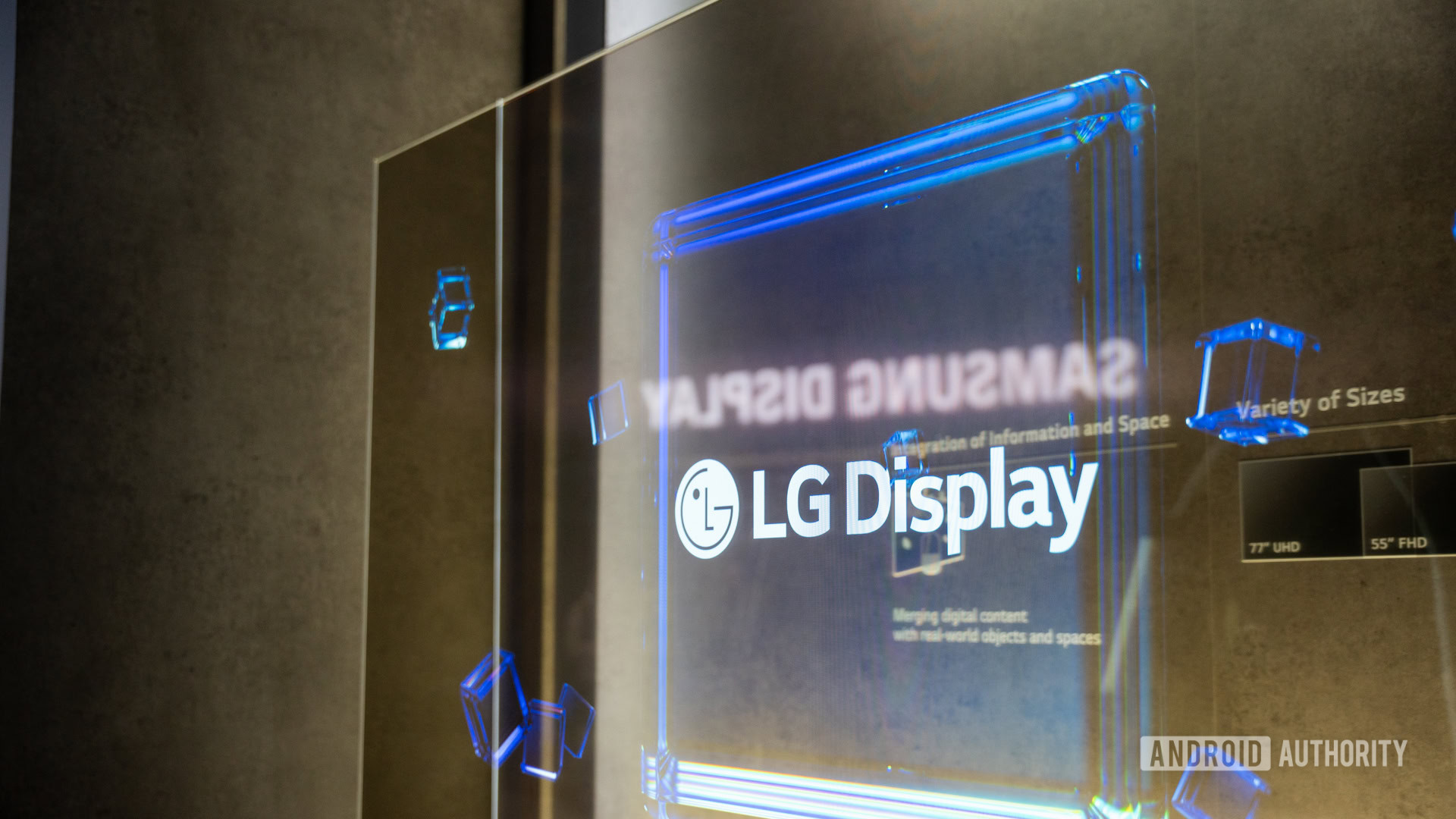
![Review: Sonnet Echo 13 Thunderbolt 5 SSD Dock – 140W MacBook charging, 2.5GbE, up to 6000 MB/s SSD speed [Video]](https://i0.wp.com/9to5mac.com/wp-content/uploads/sites/6/2025/05/Sonnet-Echo-13-Thunderbolt-5-SSD-Dock-Review-1.jpg?resize=1200%2C628&quality=82&strip=all&ssl=1)



















![Apple Planning Bezel-Free iPhone With 'Four-Sided Bending' Display [Report]](https://www.iclarified.com/images/news/97321/97321/97321-640.jpg)

![Apple Working on Brain-Controlled iPhone With Synchron [Report]](https://www.iclarified.com/images/news/97312/97312/97312-640.jpg)












